As you've likely noticed on the website, there are two distinct golf swing models to choose from. There's the original Rotary Swing — commonly referred to as RS1 — and the Rotary Swing Tour, or RST. So what's the real difference between these two approaches, and which model golf swing is the best fit for your game?
You've come to the right place. In this article we'll break down what each model is designed to accomplish so you can make an informed decision about which one aligns with your goals, your lifestyle, and your commitment level.
Conventional vs. Scientific
- The Rotary Swing is a more conventional approach. It's what you might consider a one-plane golf swing, where the arms and shoulders work on the same plane at the top and body rotation drives the movement through impact. It's a body-dominated movement, and the arms remain very passive throughout the swing.
- The Rotary Swing Tour, by contrast, leverages every facet of human anatomy. The arms are actively contributing, the body is functioning efficiently; every available resource is being used to deliver the club powerfully and effortlessly to impact.
The Rotary Swing Tour is built entirely on scientific evidence. It's grounded in anatomical absolutes, biomechanics, the physiology of how the brain learns new movement patterns, and the latest research in kinematic sequencing.
RST represents a thoroughly objective approach to the golf swing, and it will always evolve. The Rotary Swing Tour continuously grows as new research becomes available — and you can see from the extensive video catalog just how deep this model goes.
The Rotary Swing Tour is ideal for golfers who are very serious about the game. It's designed for players who want to maximize their potential, love to practice golf and push their abilities as far as possible — and of course want to do so safely and without risking golf swing injuries. For a data-driven look at how your current swing measures up against elite standards, try a free AI swing analysis.
RST Emphasizes Injury Prevention
The Rotary Swing Tour places enormous emphasis on injury prevention and helping you understand where common golf injuries originate. Most golfers are surprised to learn that over 80 percent of PGA Tour players will miss two months of play due to a golf swing-related injury during their careers.
As we age, we tend to accumulate minor (or not so minor) injuries and chronic aches and pains. Injury prevention is essential to ensure that the motions you're repeating thousands of times aren't gradually damaging your body. It's a central pillar of the Rotary Swing Tour philosophy.
The Rotary Swing Cuts You Some Slack
RS1 is a much simpler model golf swing. It accommodates some of the smaller flaws you may have in your swing and lets you get out on the course and start playing sooner.
If you prefer a really strong grip or tend toward a more body-driven movement, the Rotary Swing allows you to settle into positions that aren't necessarily biomechanically ideal but are still workable — letting you build a simple, repeatable golf swing without a complete overhaul.
The Rotary Swing doesn't demand the same intensity of practice and effort. It doesn't require that you completely rebuild certain aspects of your swing mechanics. The Rotary Swing Tour, on the other hand, is committed to using every resource the human body offers to create the most efficient swing possible. That's its entire purpose.
Different Engines
When we examine the physics of the golf swing, the two models are fundamentally different in how they generate power.
The Rotary Swing Tour is based on physics, while the Rotary Swing is primarily driven by body rotation.
At the top of the RS1 swing, you essentially take your entire body and rotate it through, keeping your arms relatively passive throughout the golf swing. That passive arm action is the defining characteristic.
The Rotary Swing Tour does not rely on shoulder and torso rotation during the downswing to generate power. It harnesses the hips and core, but you're not actively trying to turn your shoulders through the downswing — in fact, doing so is counterproductive to efficient speed generation.
Most golfers naturally attempt to turn their whole body into the swing, essentially heaving the club at the ball. While instinctive, it's not the most efficient method of delivering the clubhead — but it's how most people naturally swing when left to their own devices.
Are You Willing to Change?
If you're not ready to strip out that whole-body push from your golf swing and rebuild the downswing mechanics from scratch, the original Rotary Swing is a practical choice. Keep it simple — put yourself in a deeper position with your arms, then rotate your body through and start swinging through impact.
The Rotary Swing will help you accomplish exactly that, developing a very solid swing quickly so you can get out and enjoy playing with your buddies.
By contrast, the Rotary Swing Tour model golf swing is entirely focused on identifying the most efficient movement patterns available to the human body and harnessing the laws of physics to build a powerful, effortless golf swing. It's not just a big body-driven move.
In the RST model, the arms need to stay more in front of the body going back, rather than getting buried deep behind the body at impact — which is where they would tend to end up with the Rotary Swing approach. To practice these movement patterns with real-time AI coaching, check out a free AI golf lesson that gives you feedback on every rep.
The Choice is Yours
That's the fundamental distinction. One model uses a body-driven, rotation-powered downswing, and the other uses a more sophisticated sequencing of forces. That's the simplest way to understand the difference.
If you enjoy getting to the top, having your arms deep, and really rotating hard — if you like the feeling of using your body's larger muscles to power through the ball — the Rotary Swing is an excellent fit.
If you're seeking the most efficient, powerful golf swing possible — one built on science, biomechanics, and the physics of speed generation — the Rotary Swing Tour is the clear choice.
Watch part 2 now to see how you're moving your body in the opposite direction of the pros!
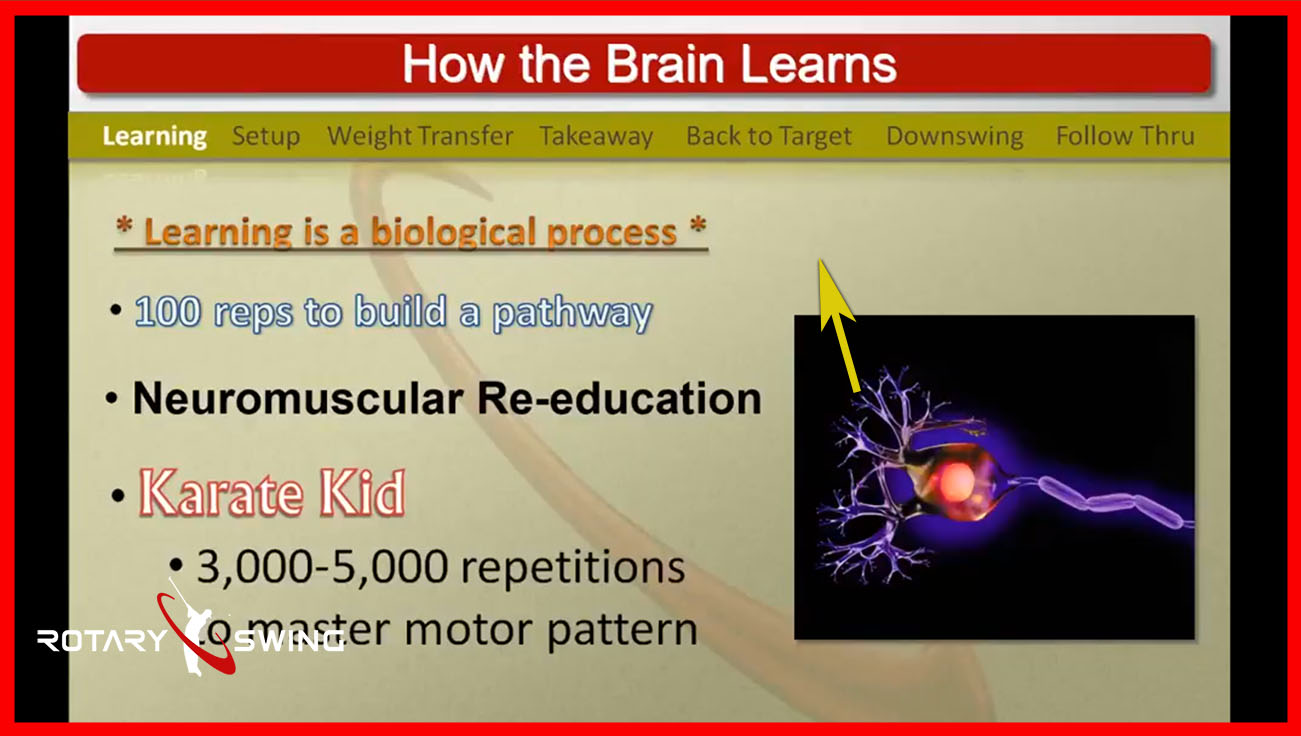
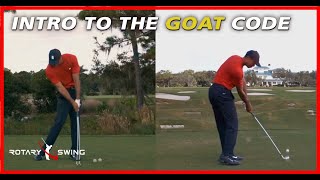
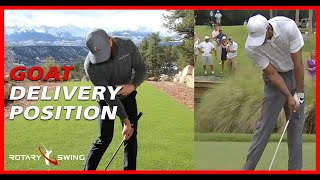
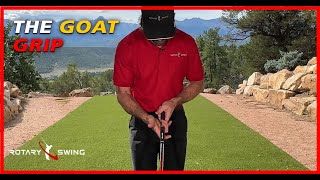
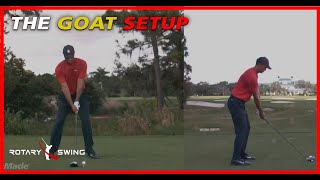
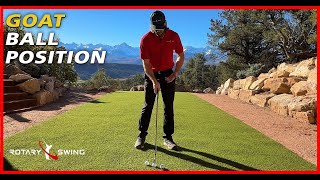
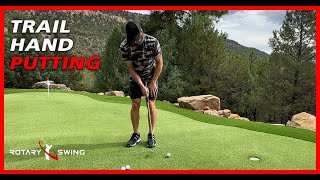
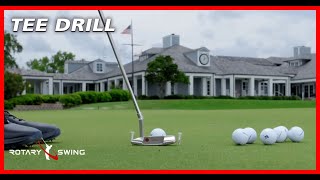
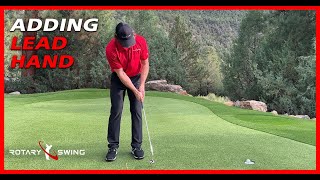
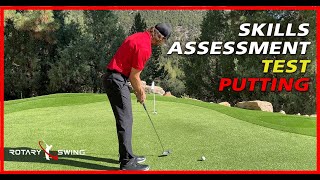
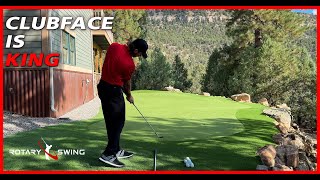
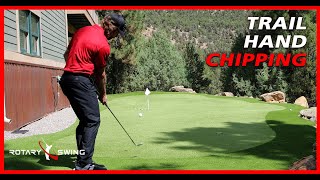
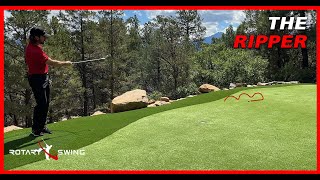
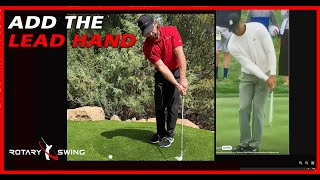
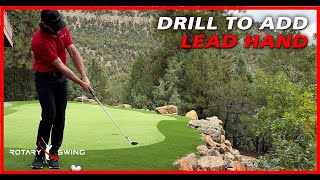
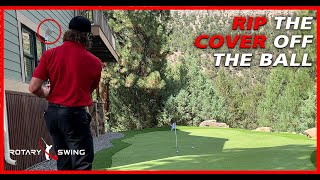
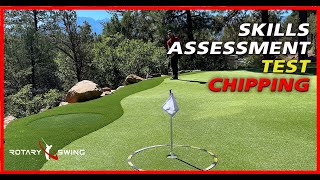
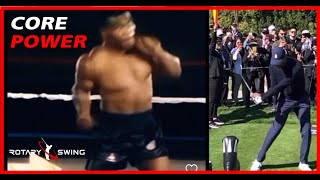
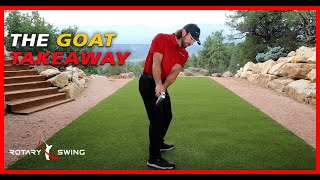
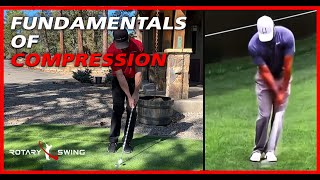
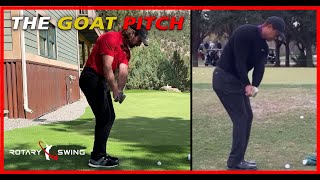
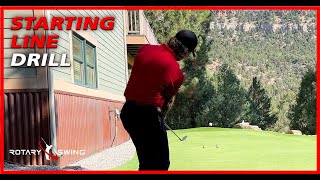
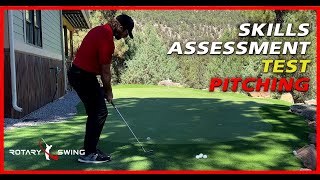
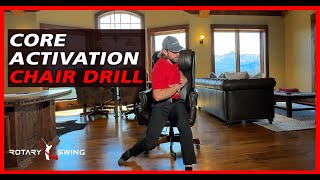
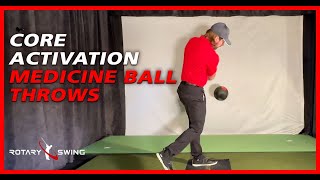
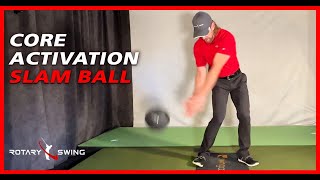
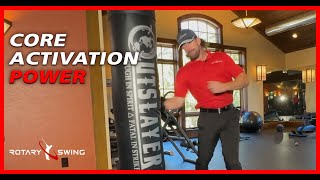
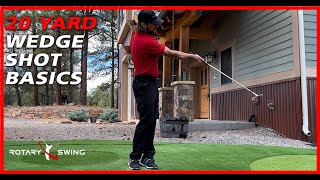
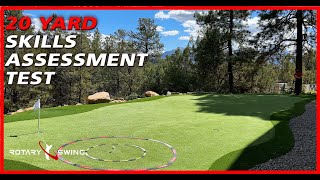
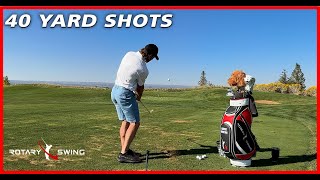
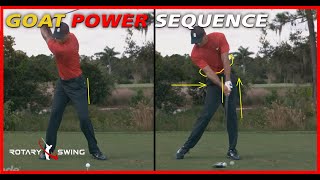
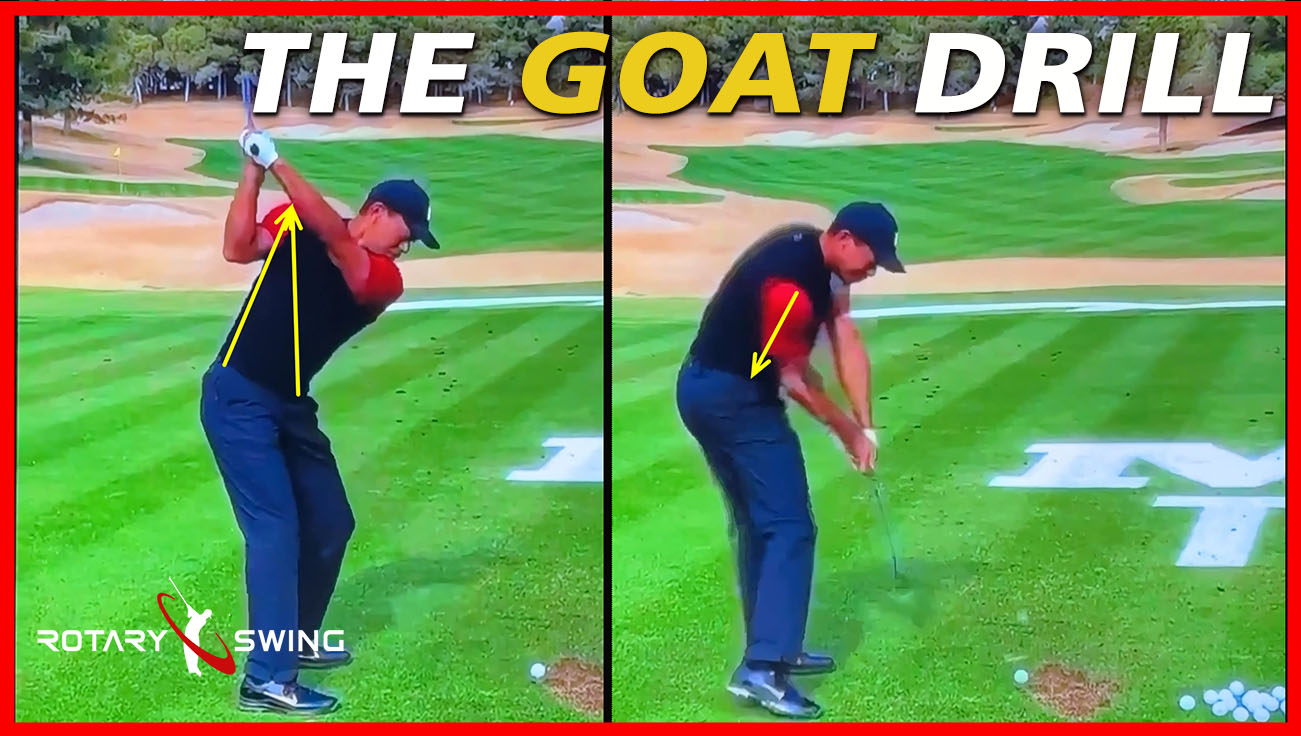
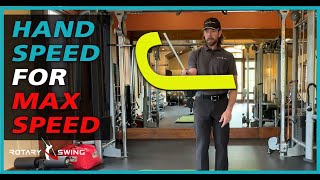
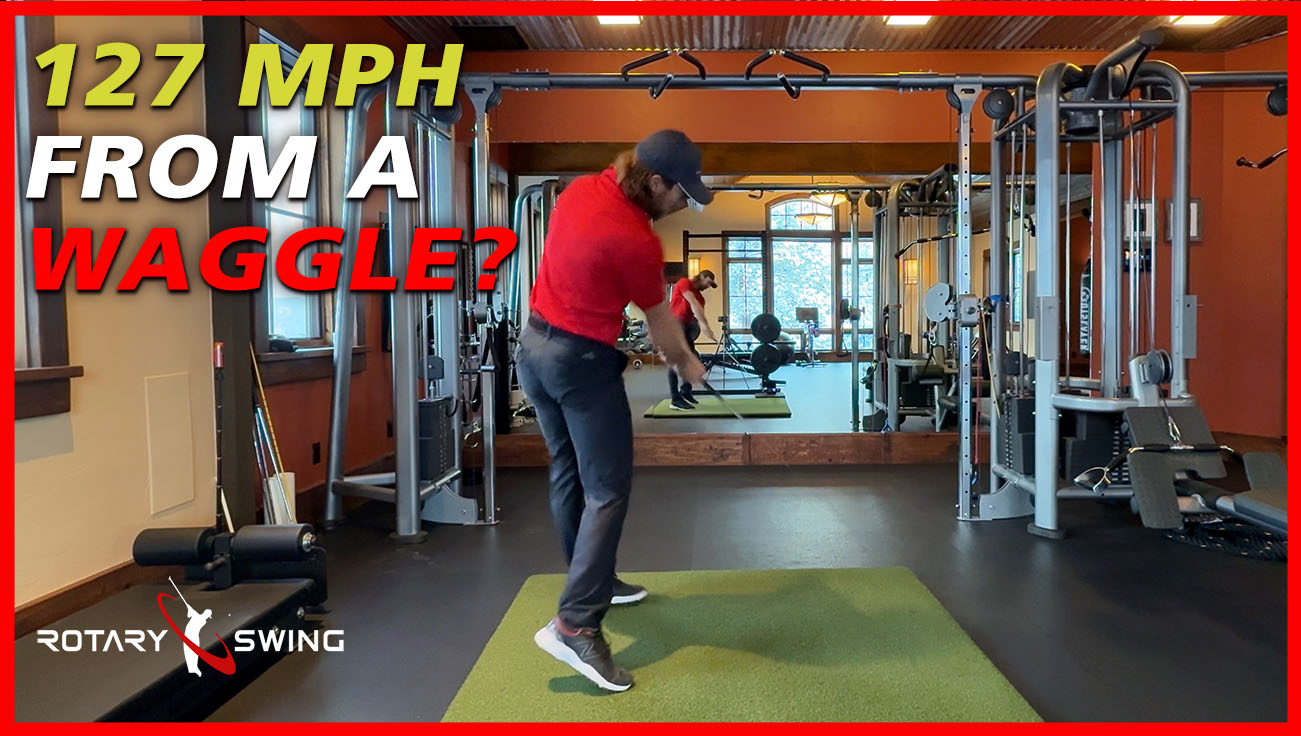
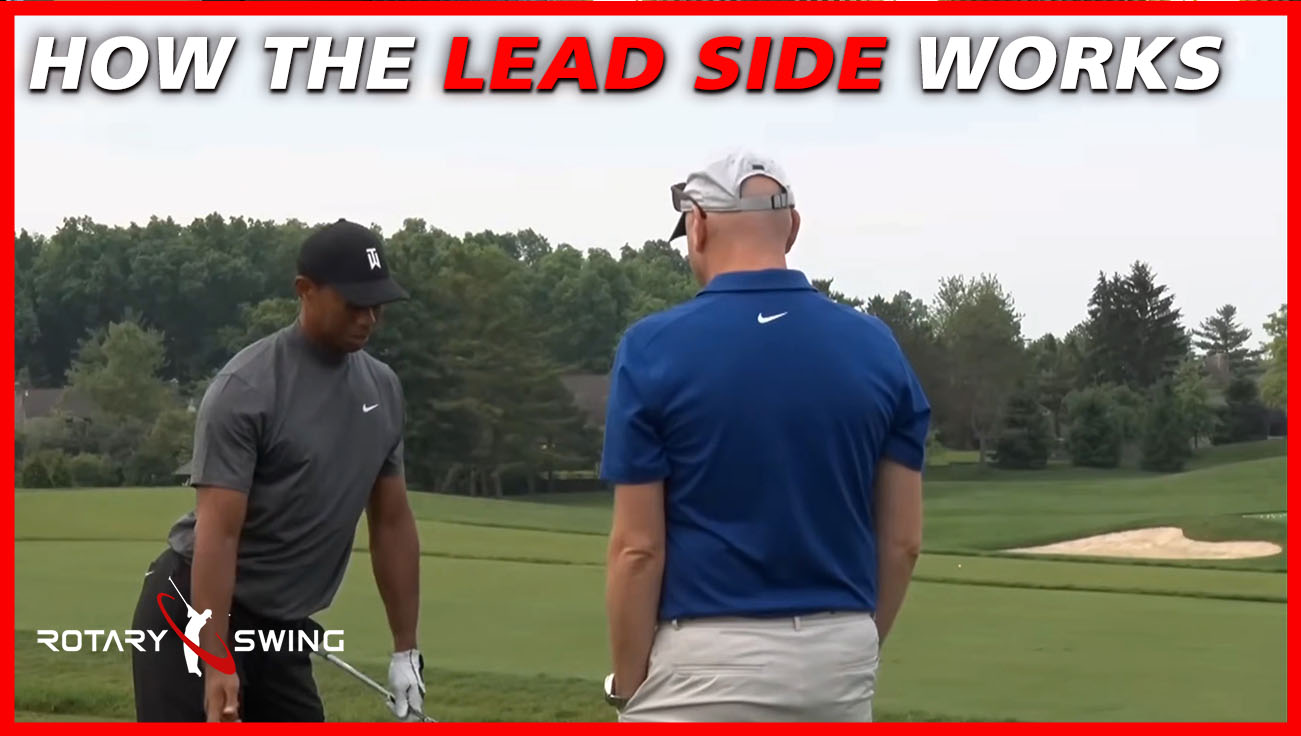
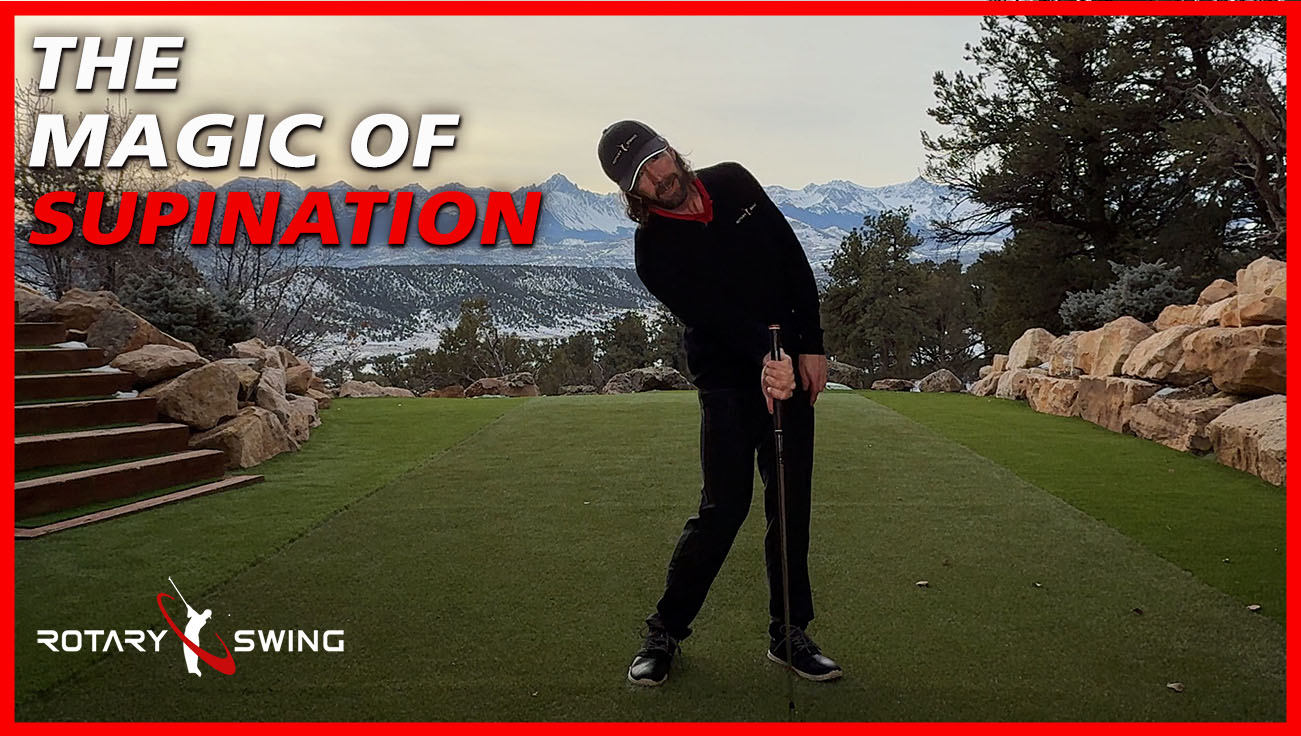
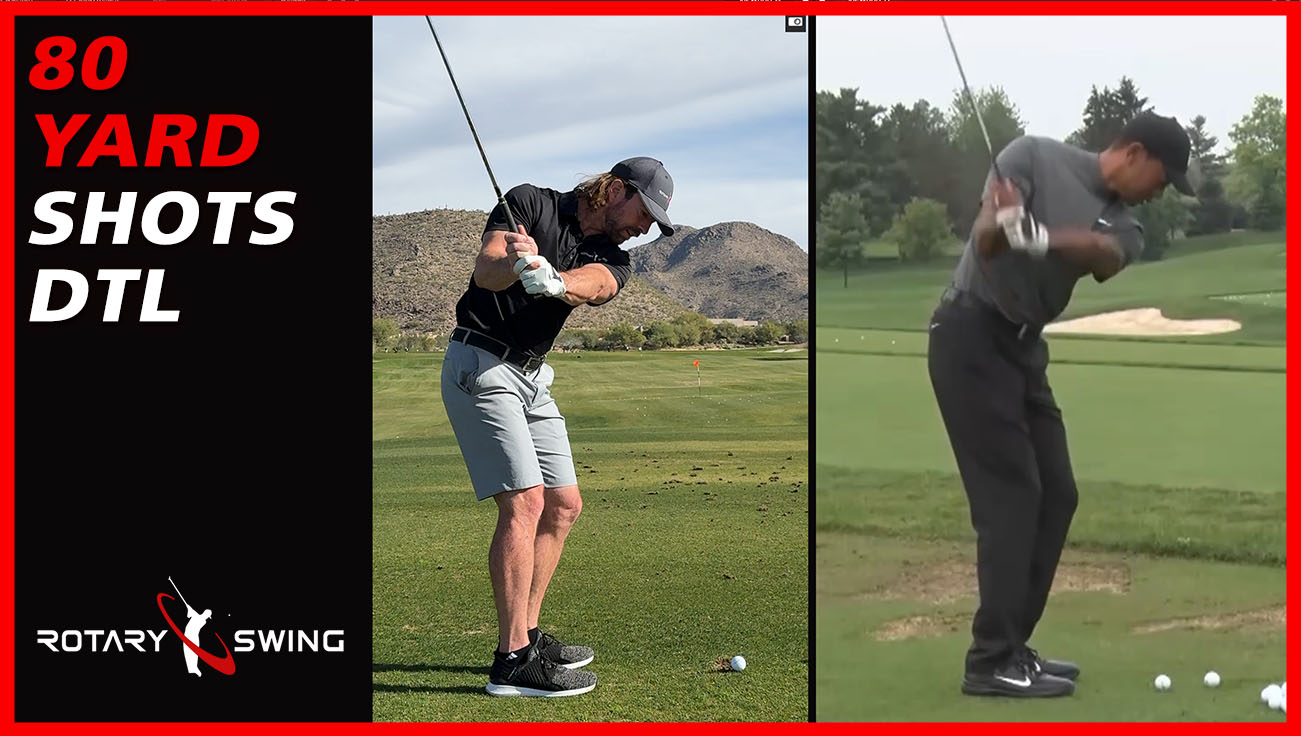
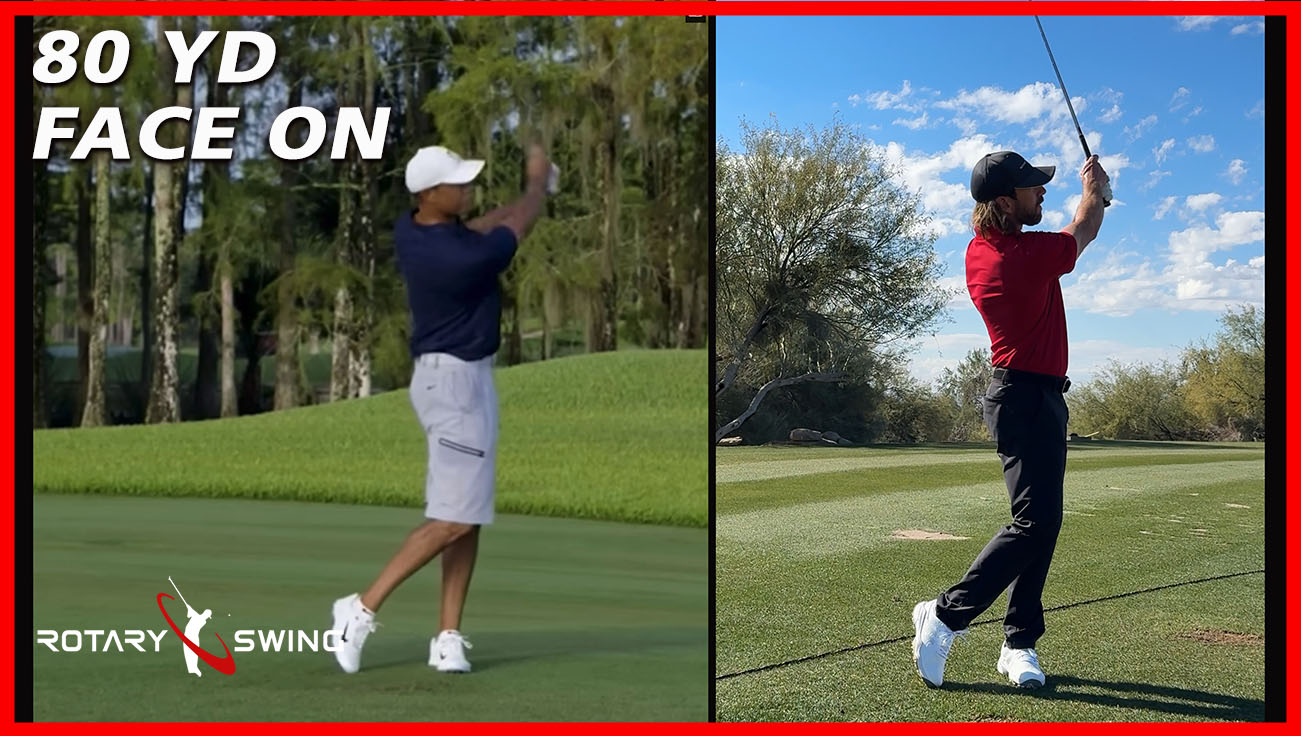
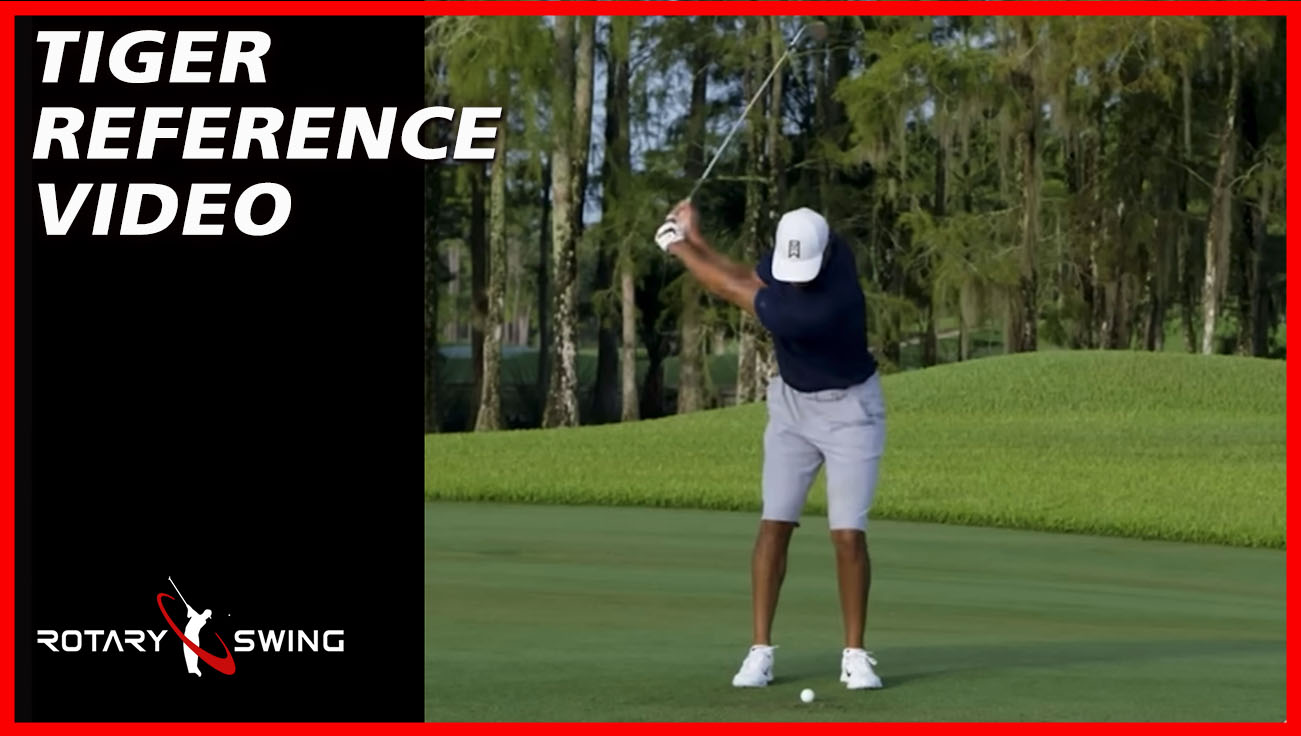
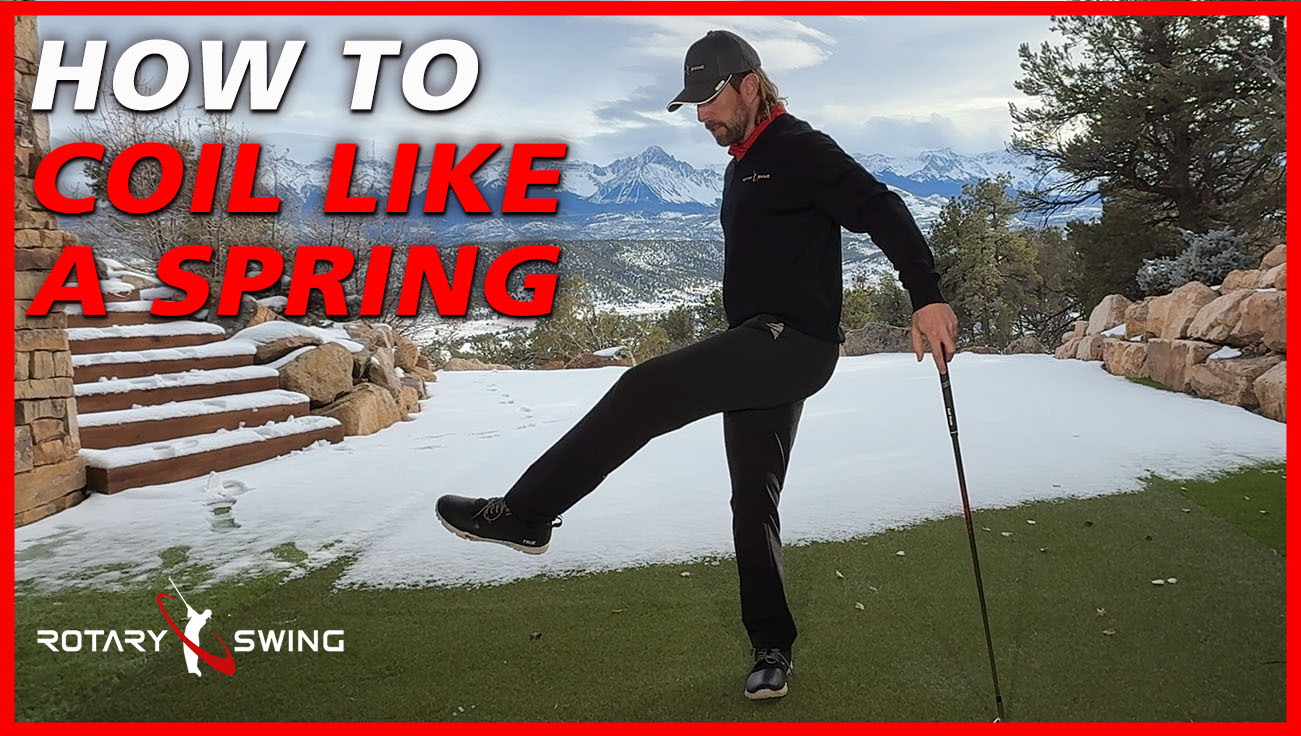
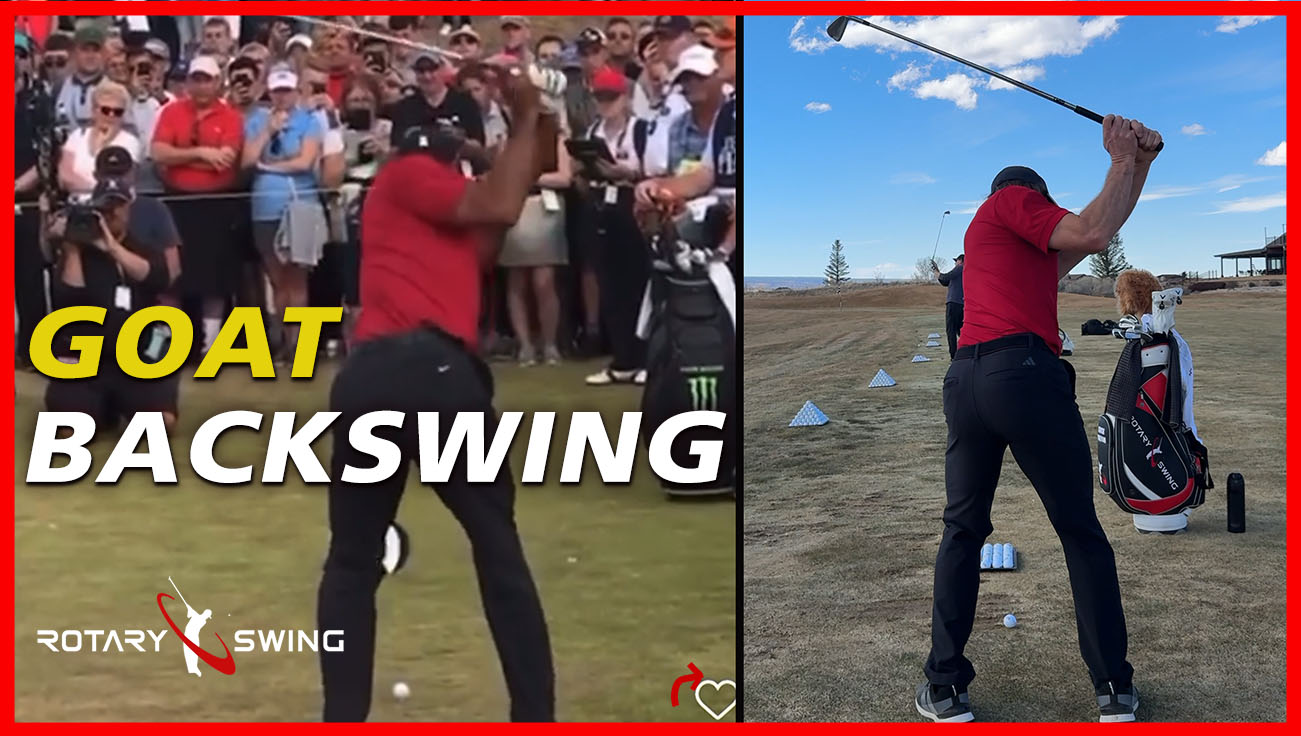
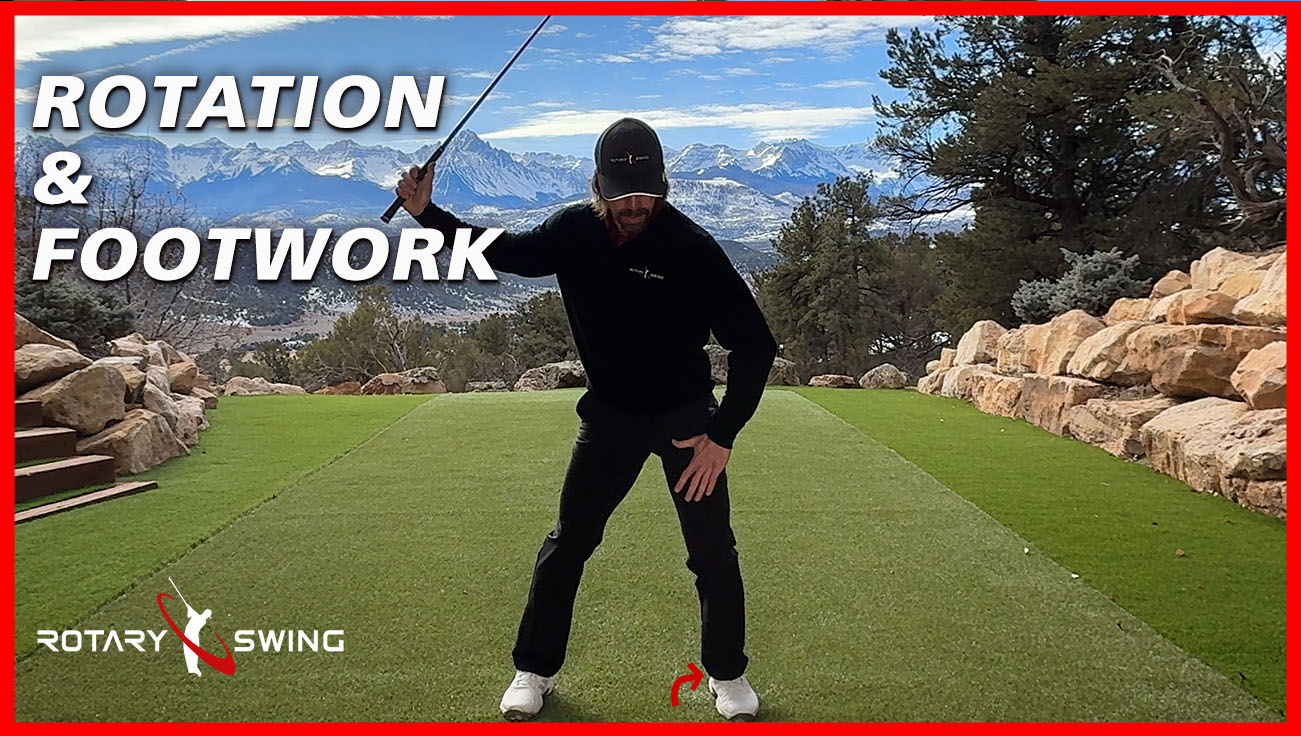
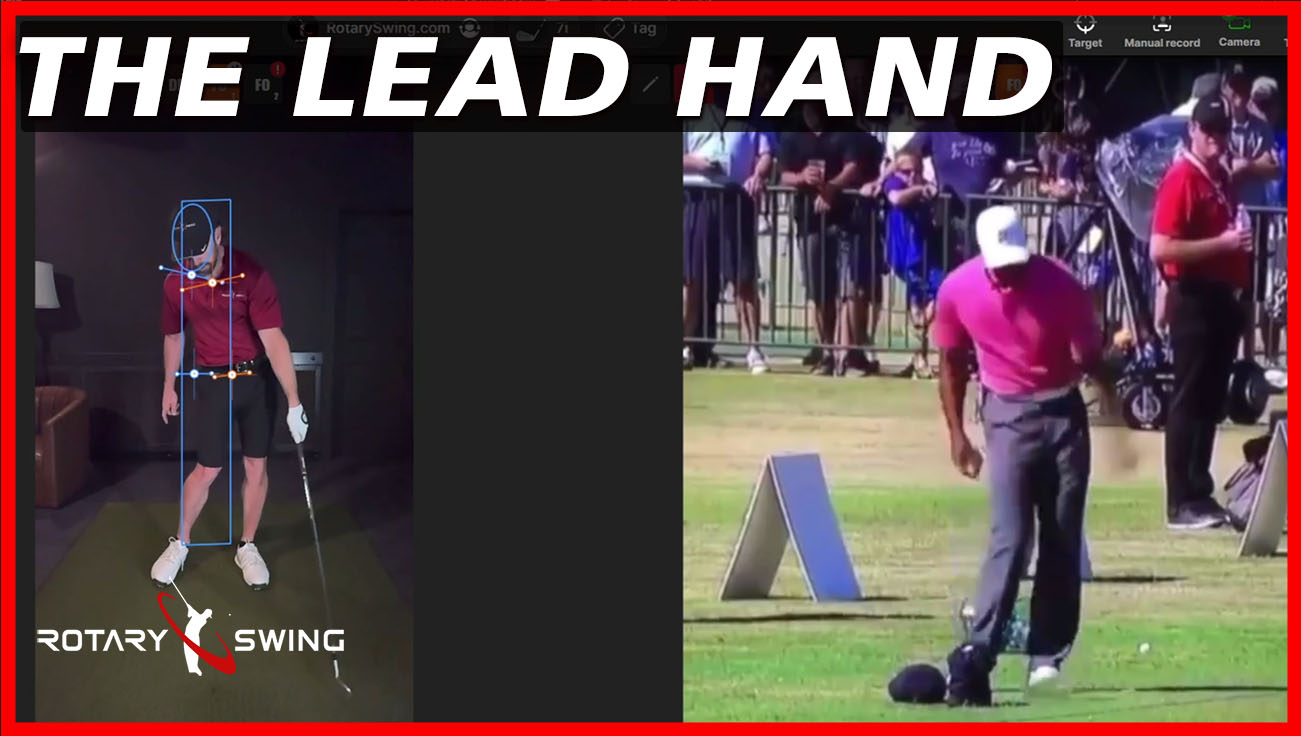
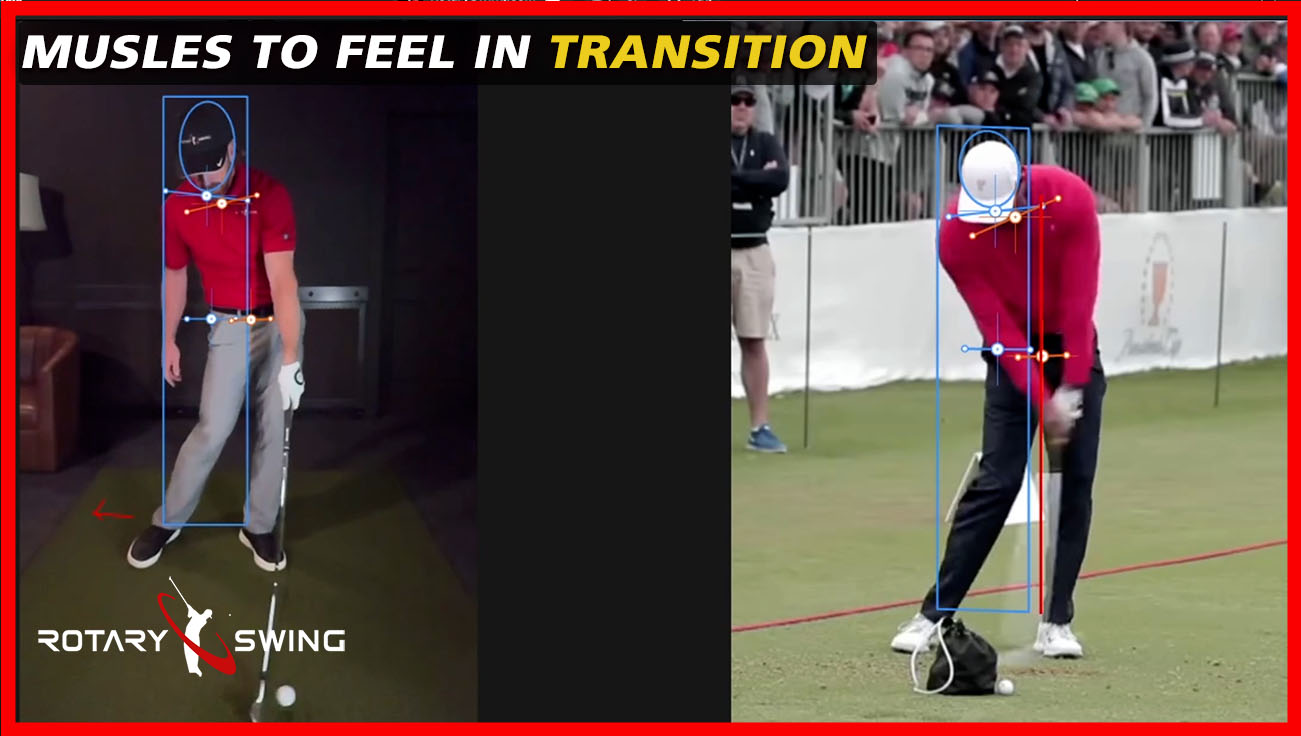
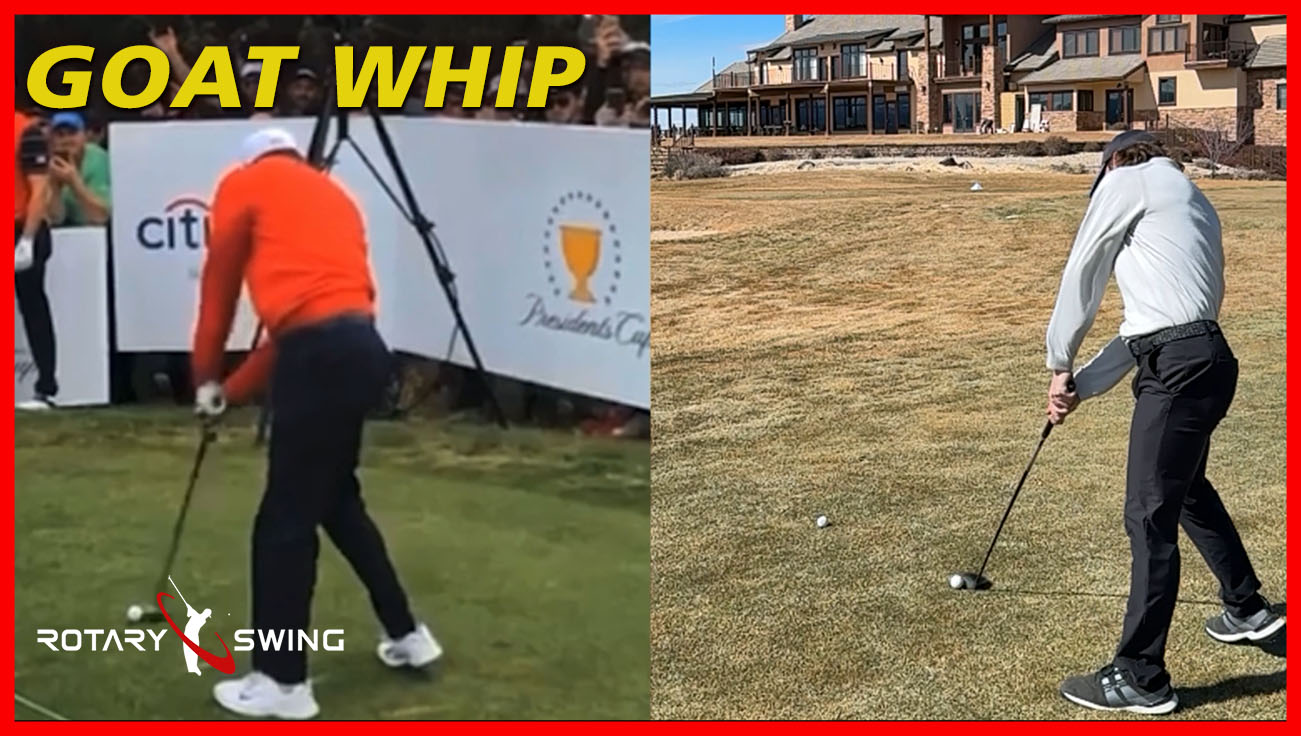
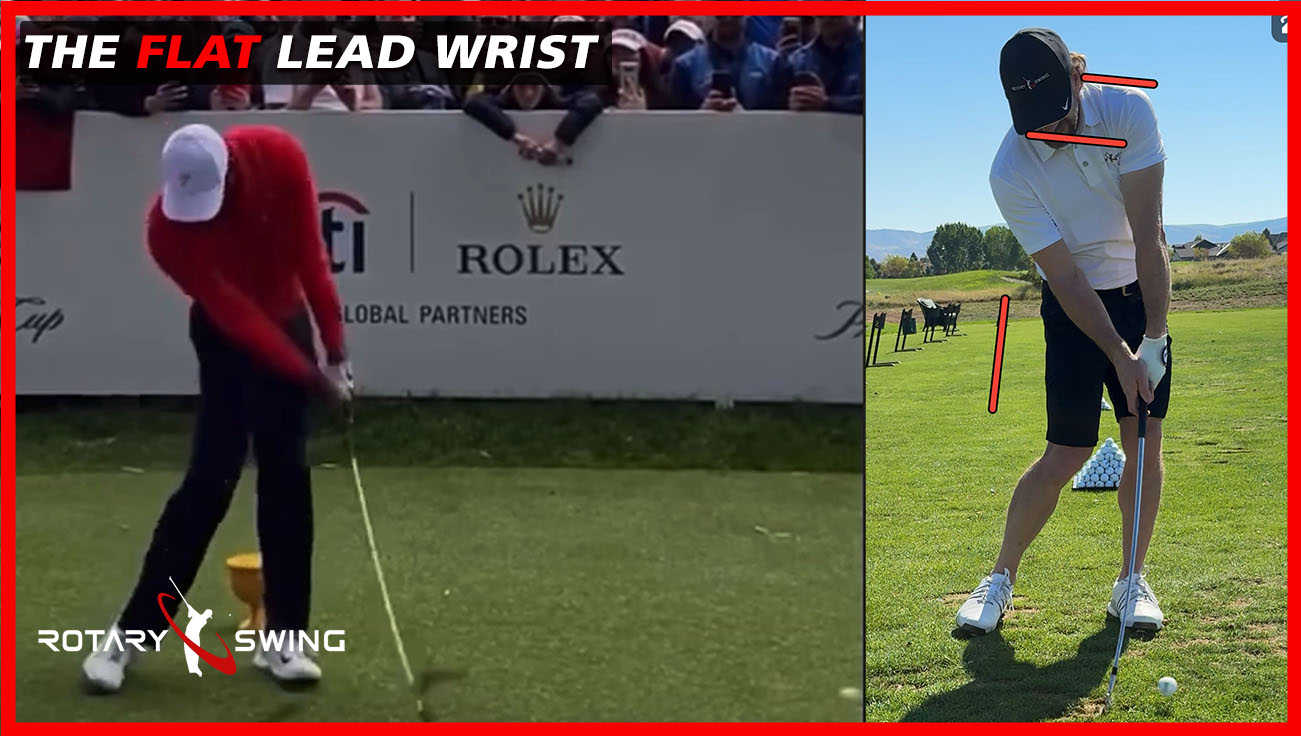
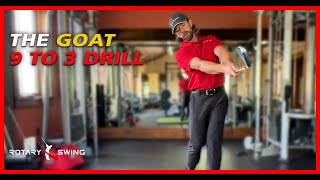
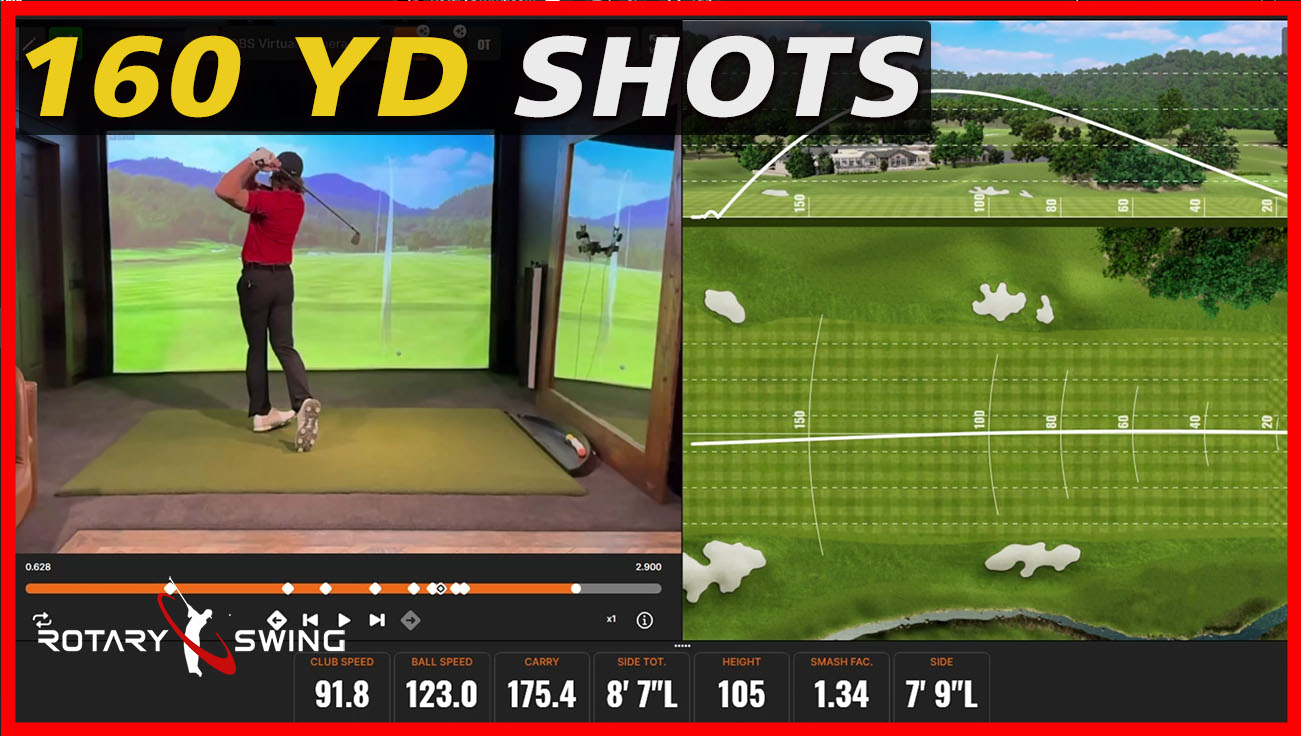
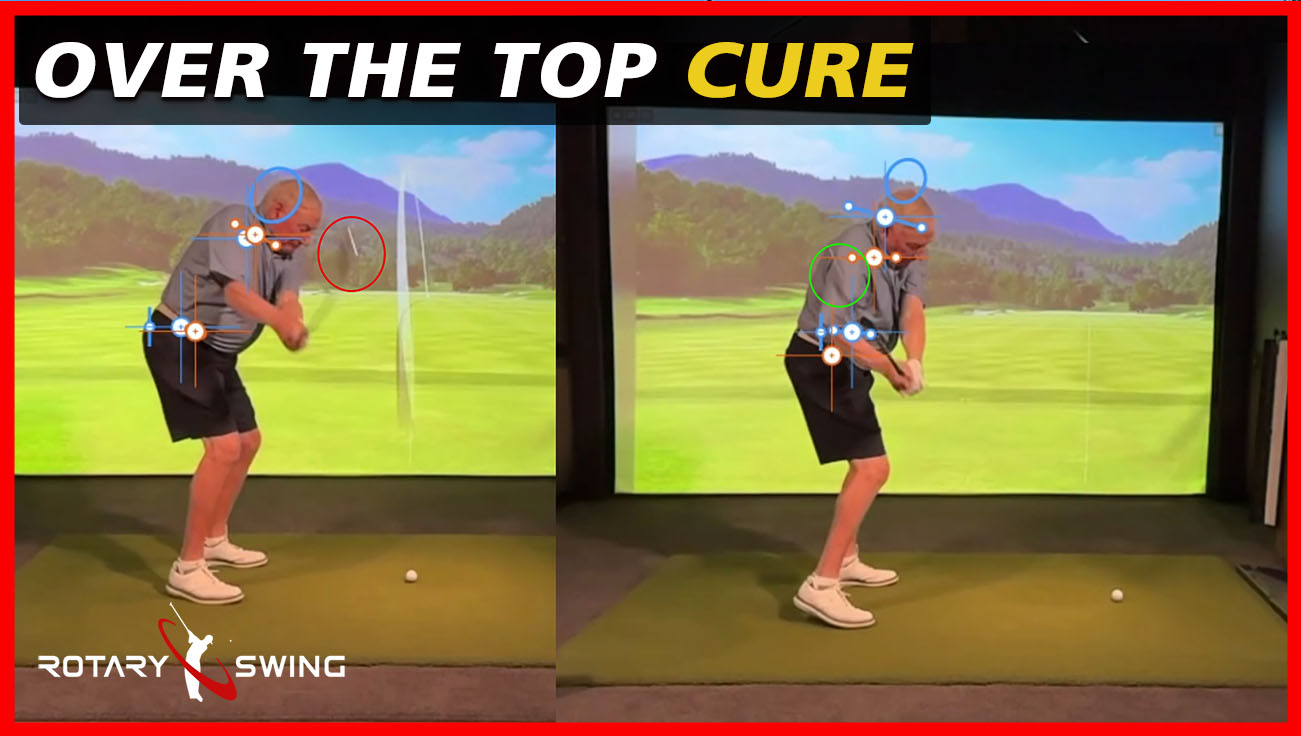

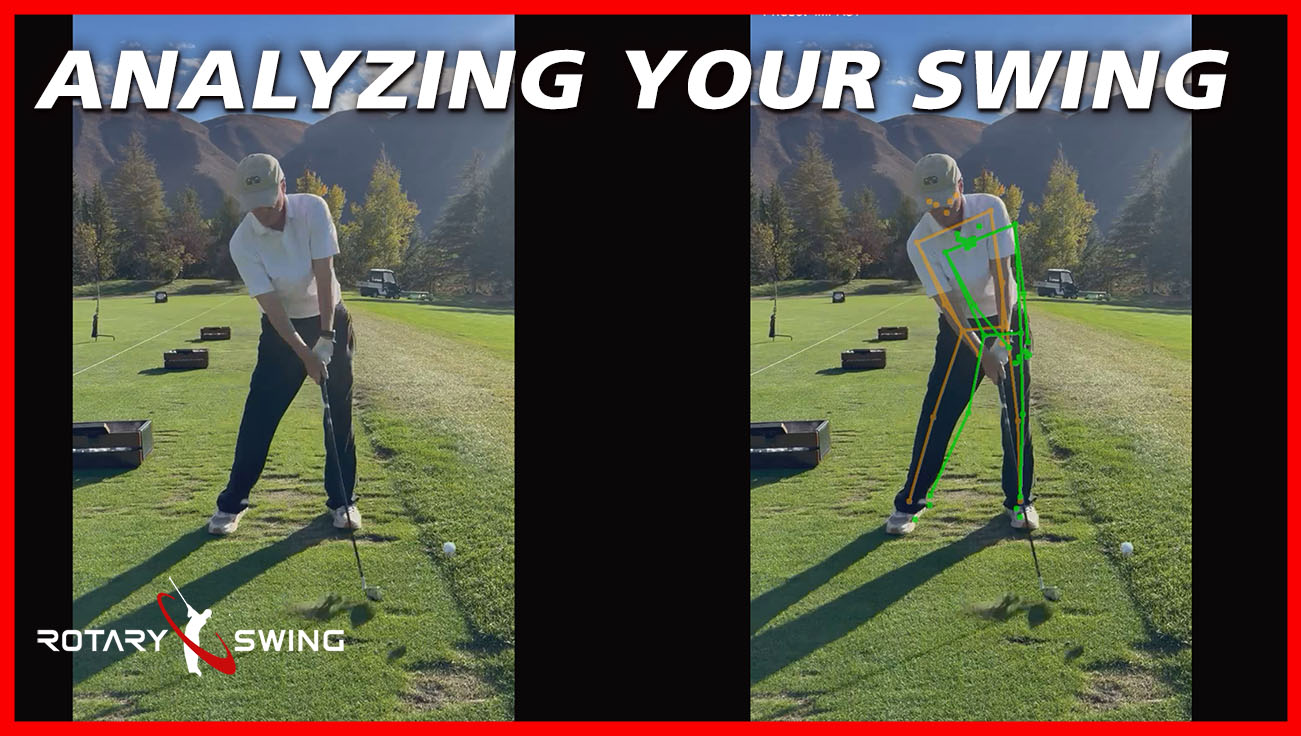
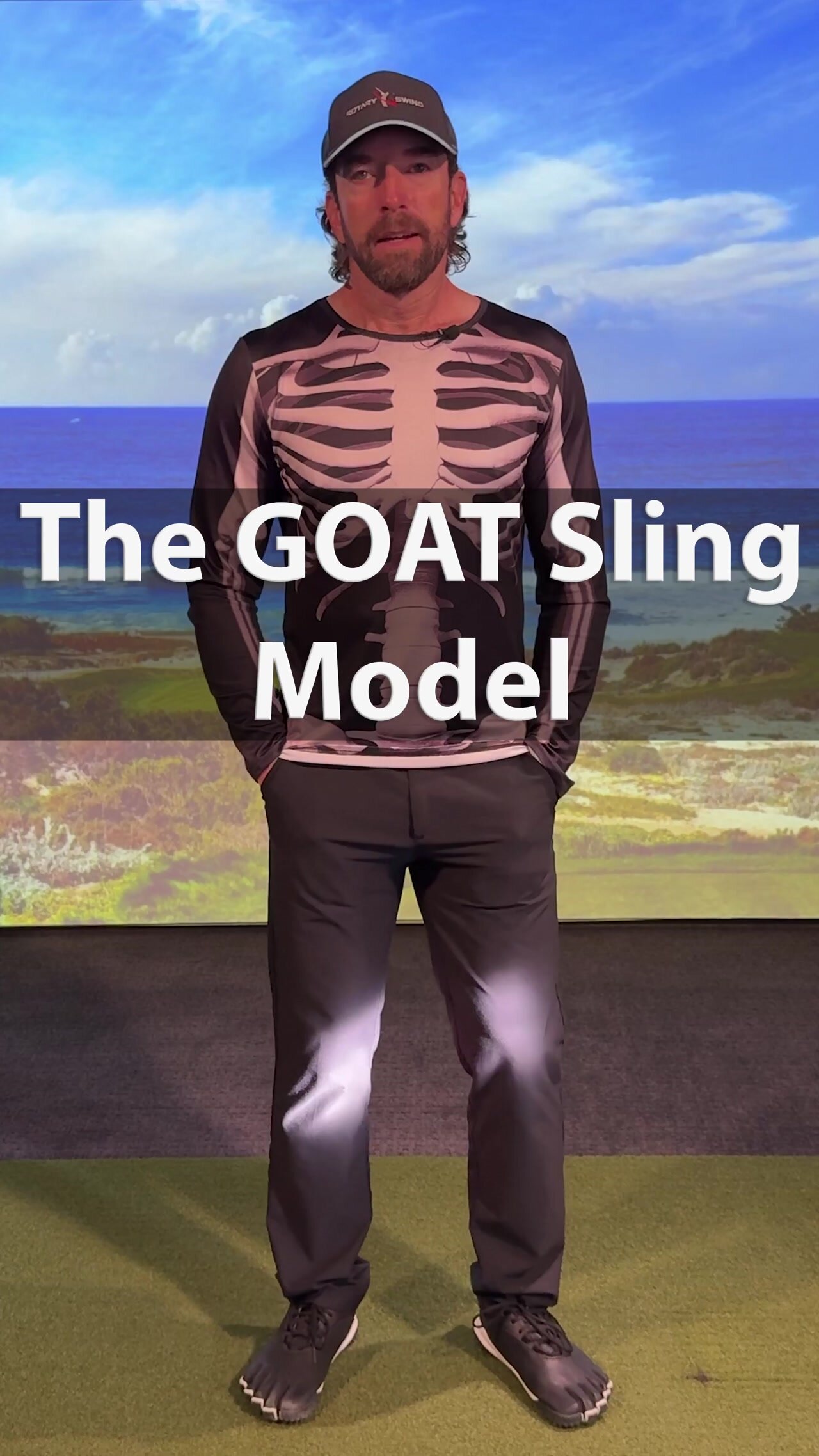
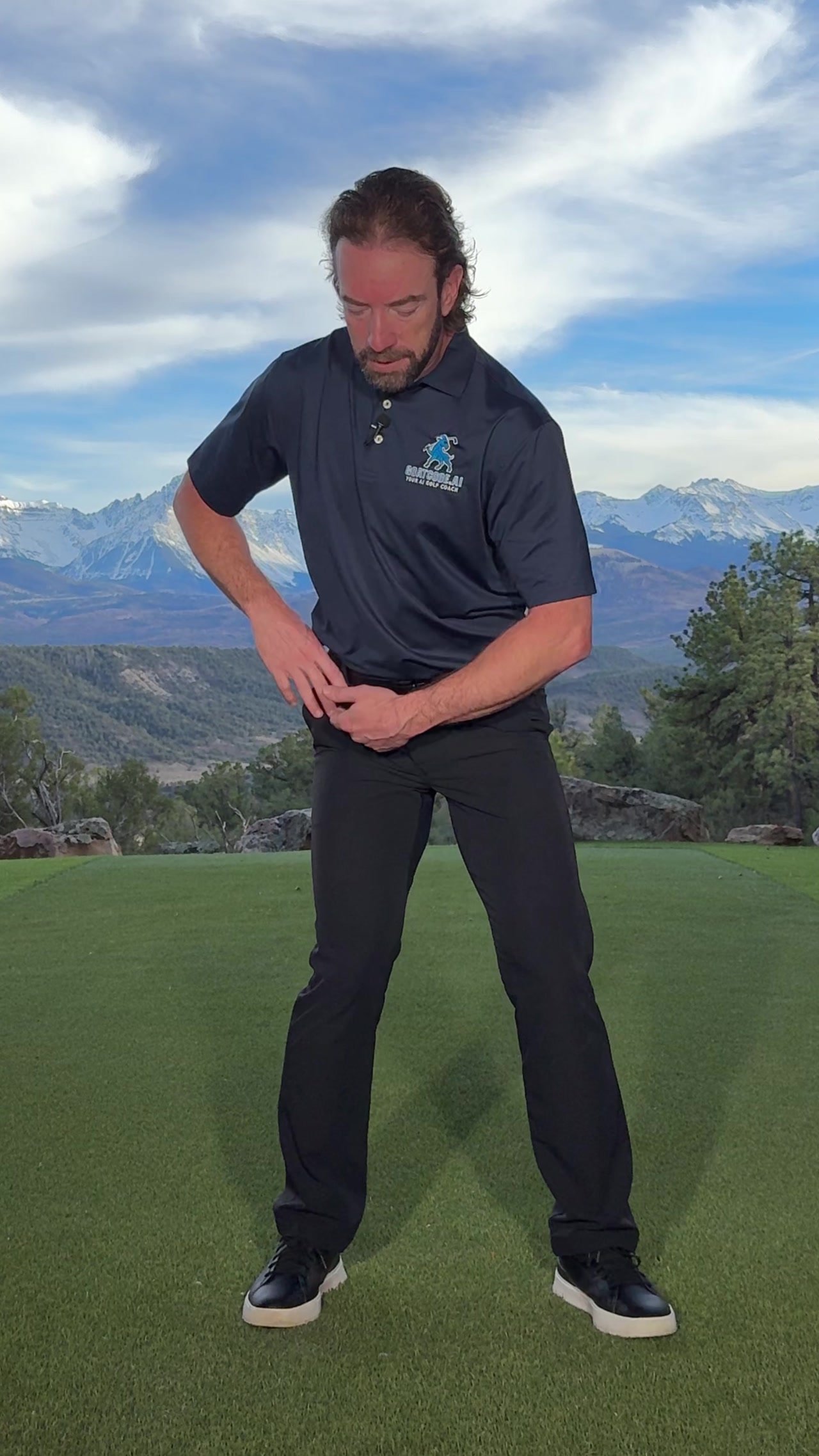
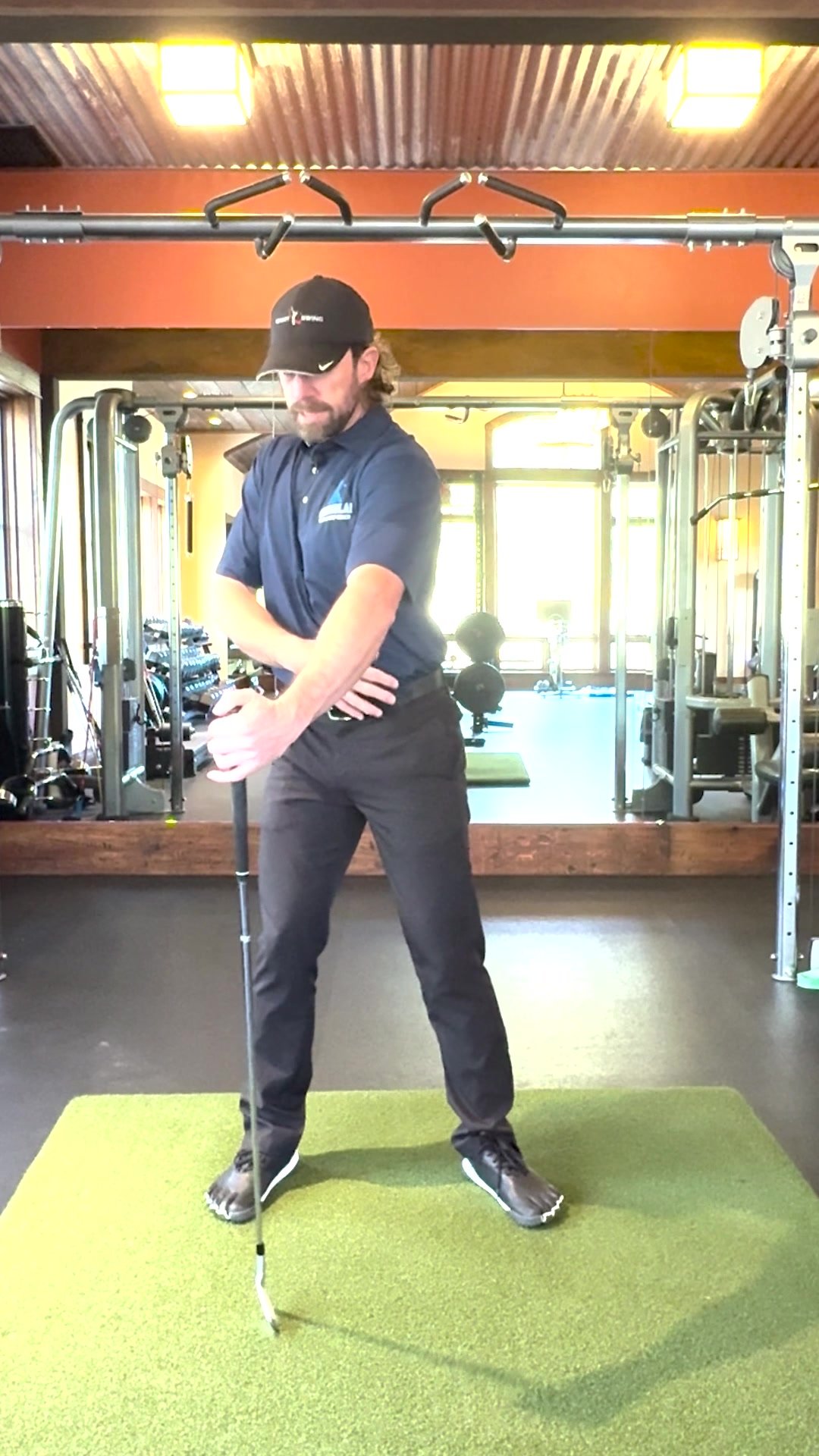
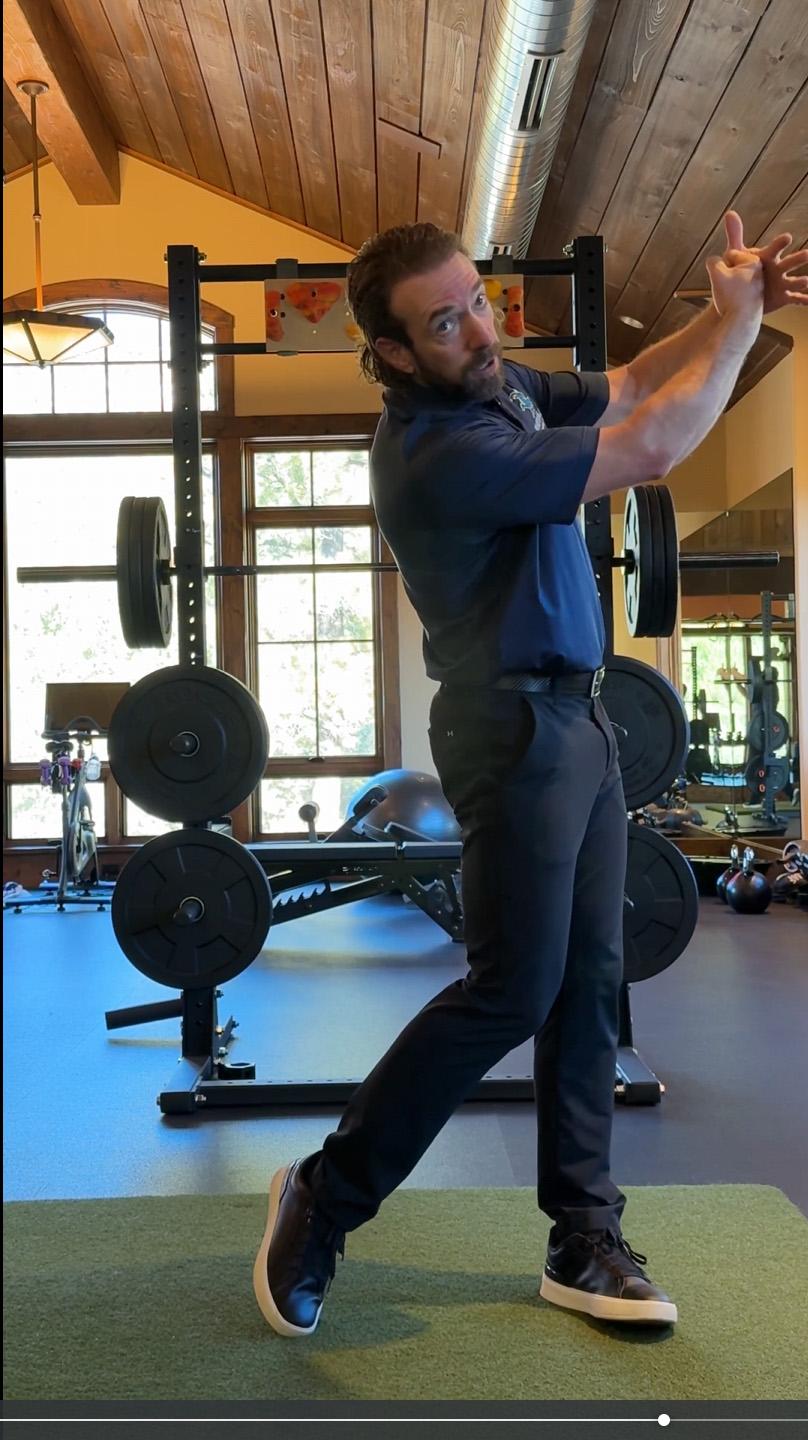
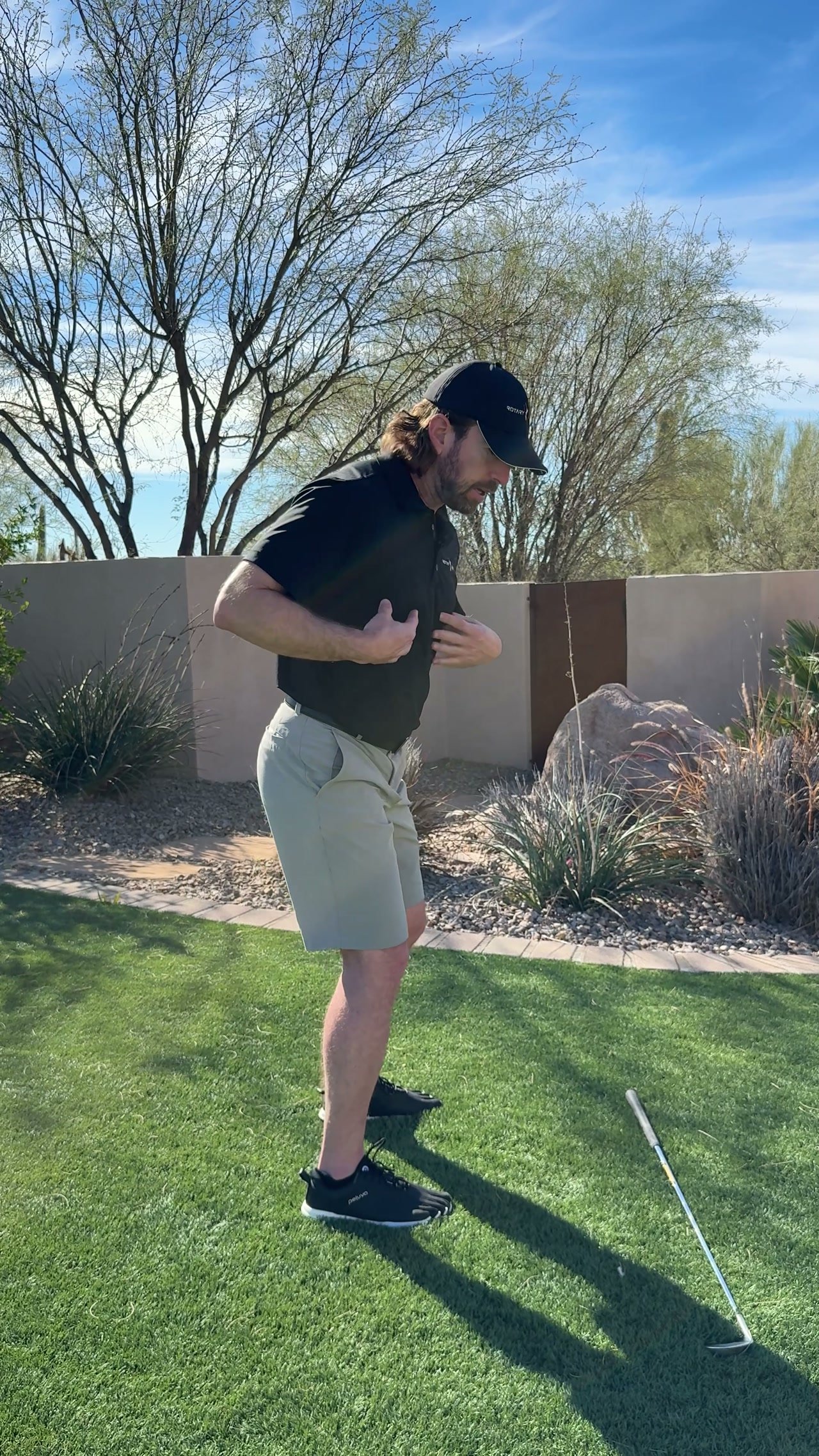
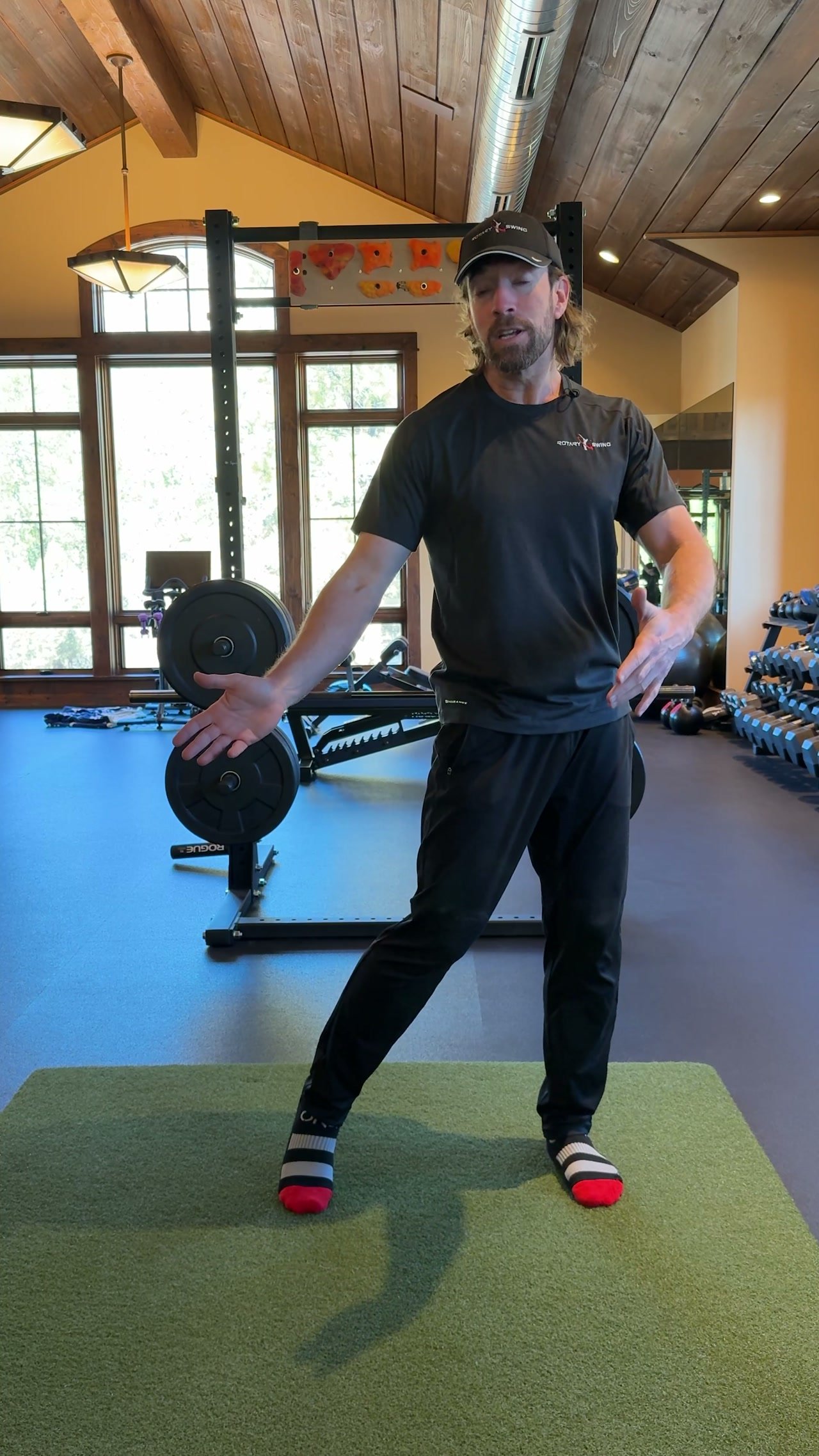
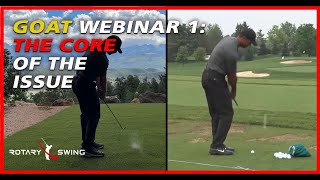
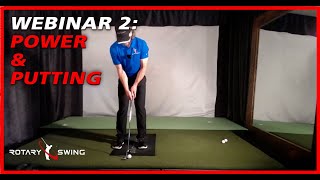
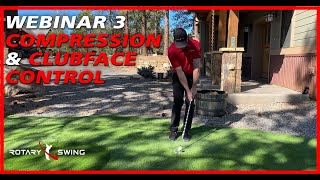
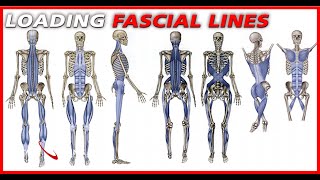
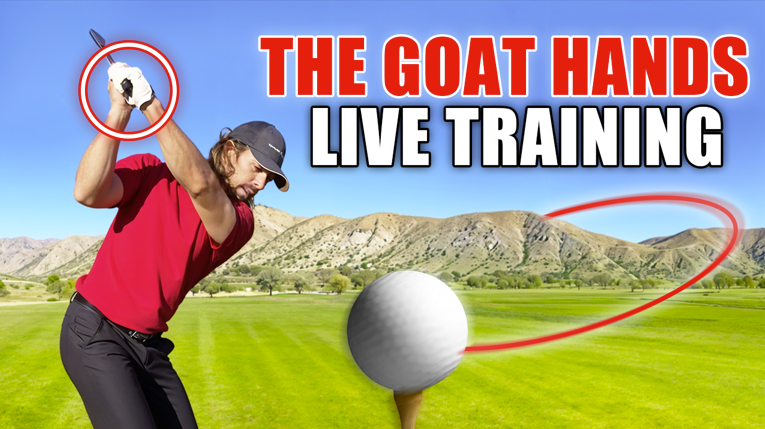
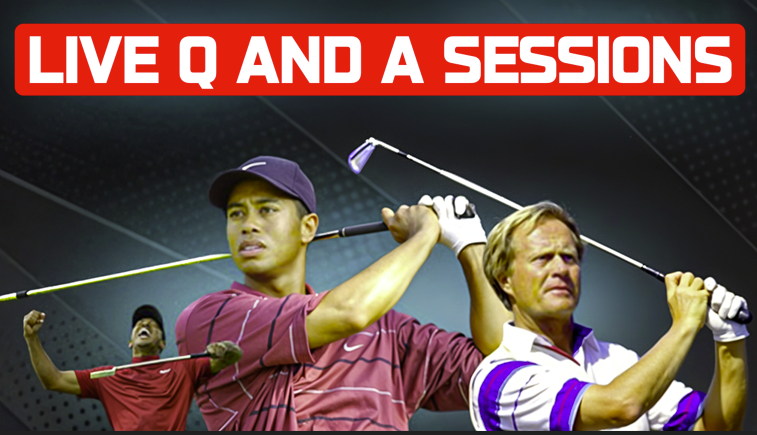
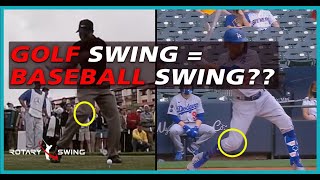
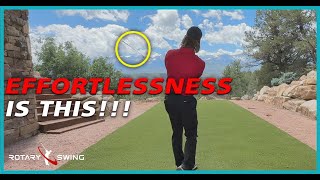
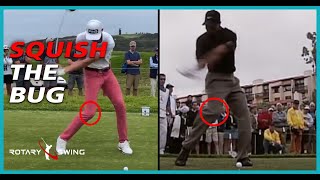
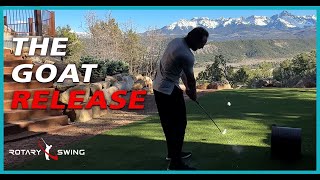
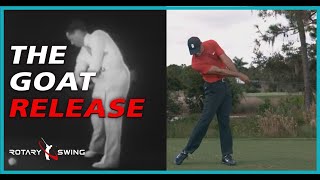
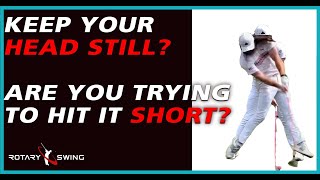
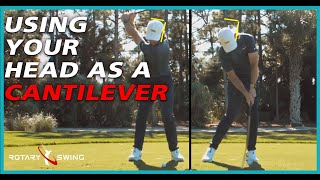
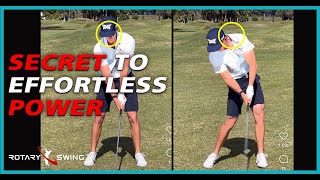
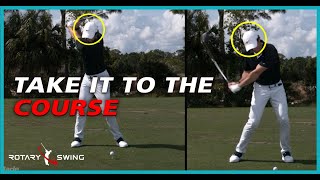
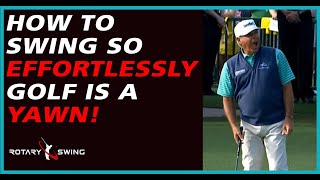
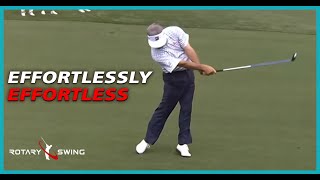
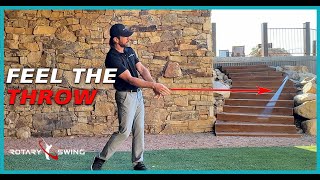
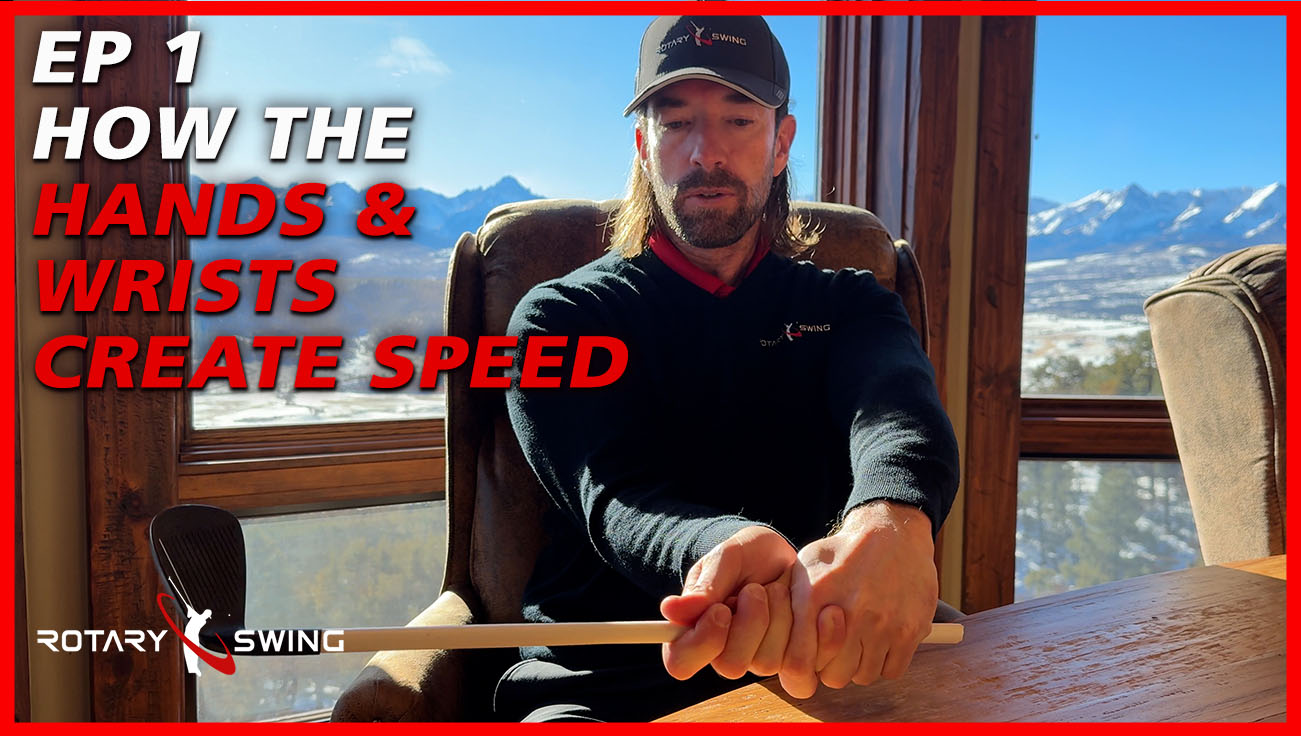

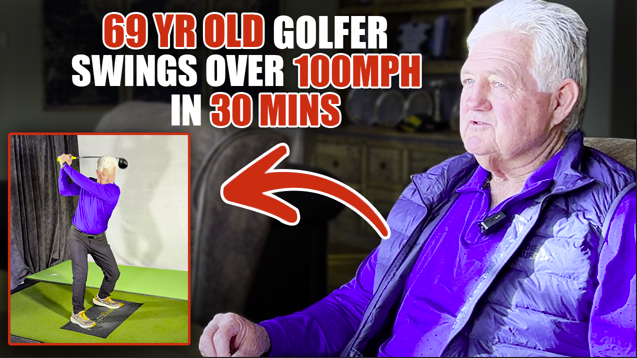
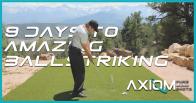
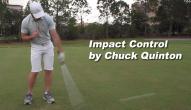
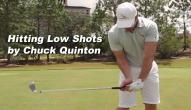
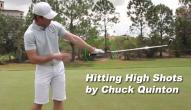
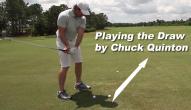
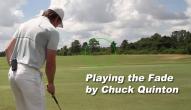
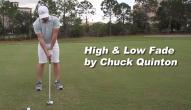
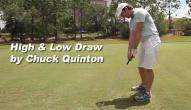
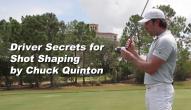
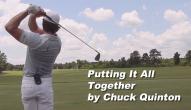
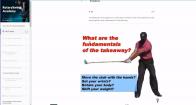
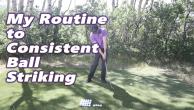
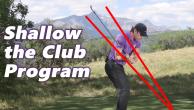
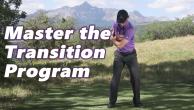
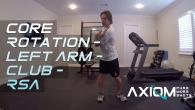
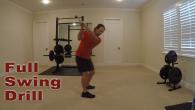
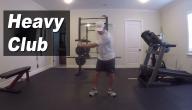
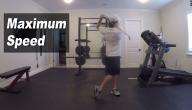
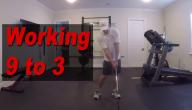
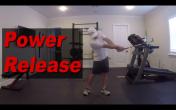
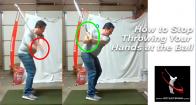
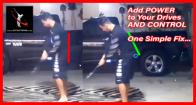
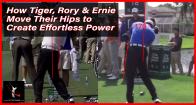
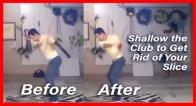

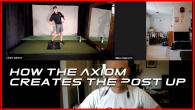
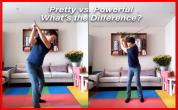
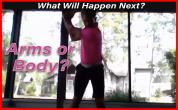
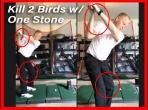
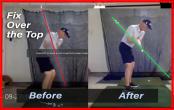
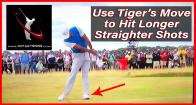
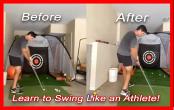
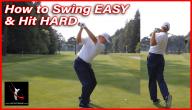
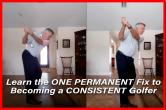
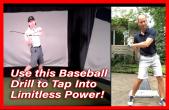
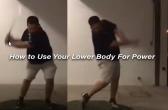
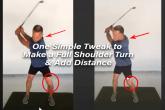
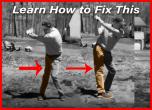
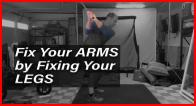
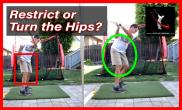
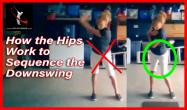
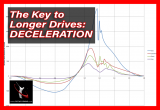
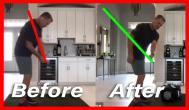
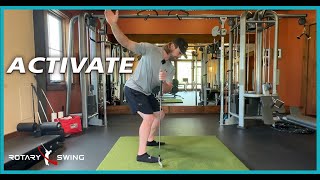
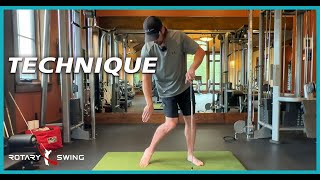
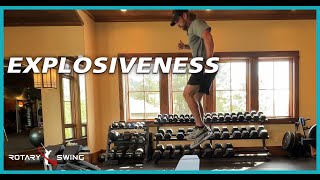
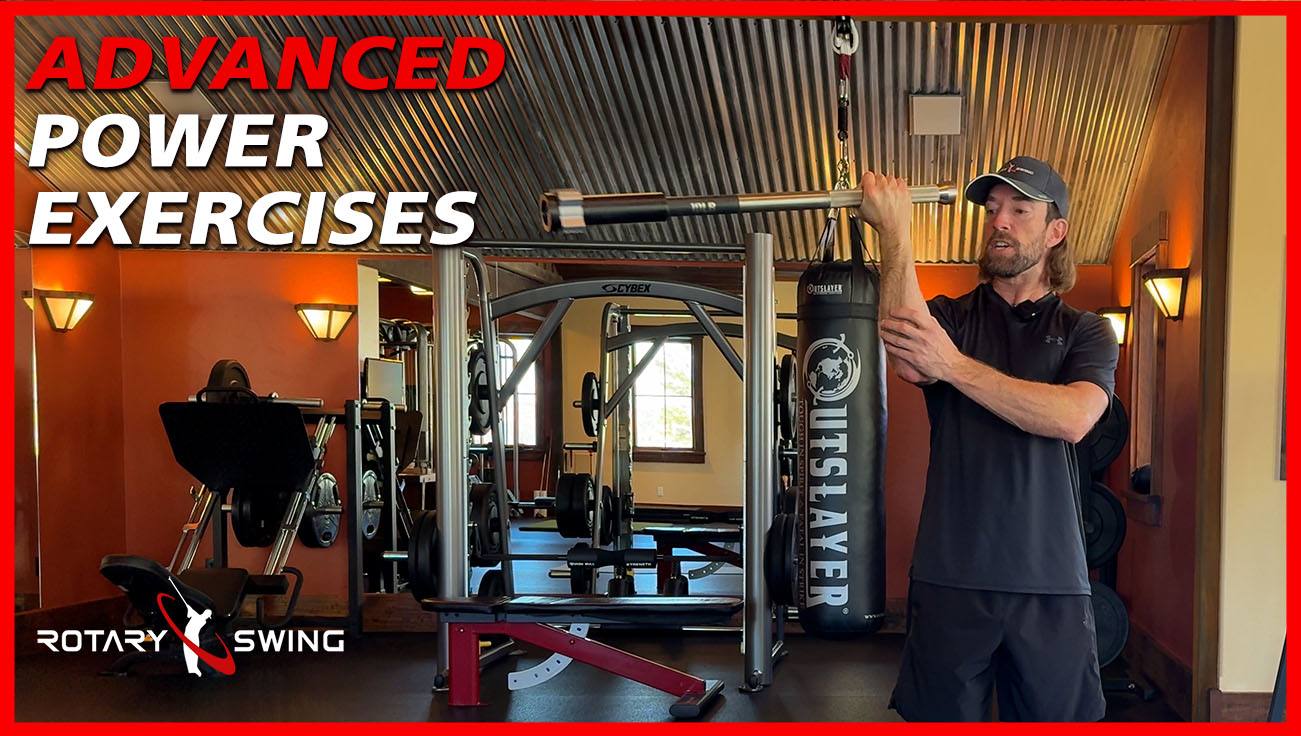
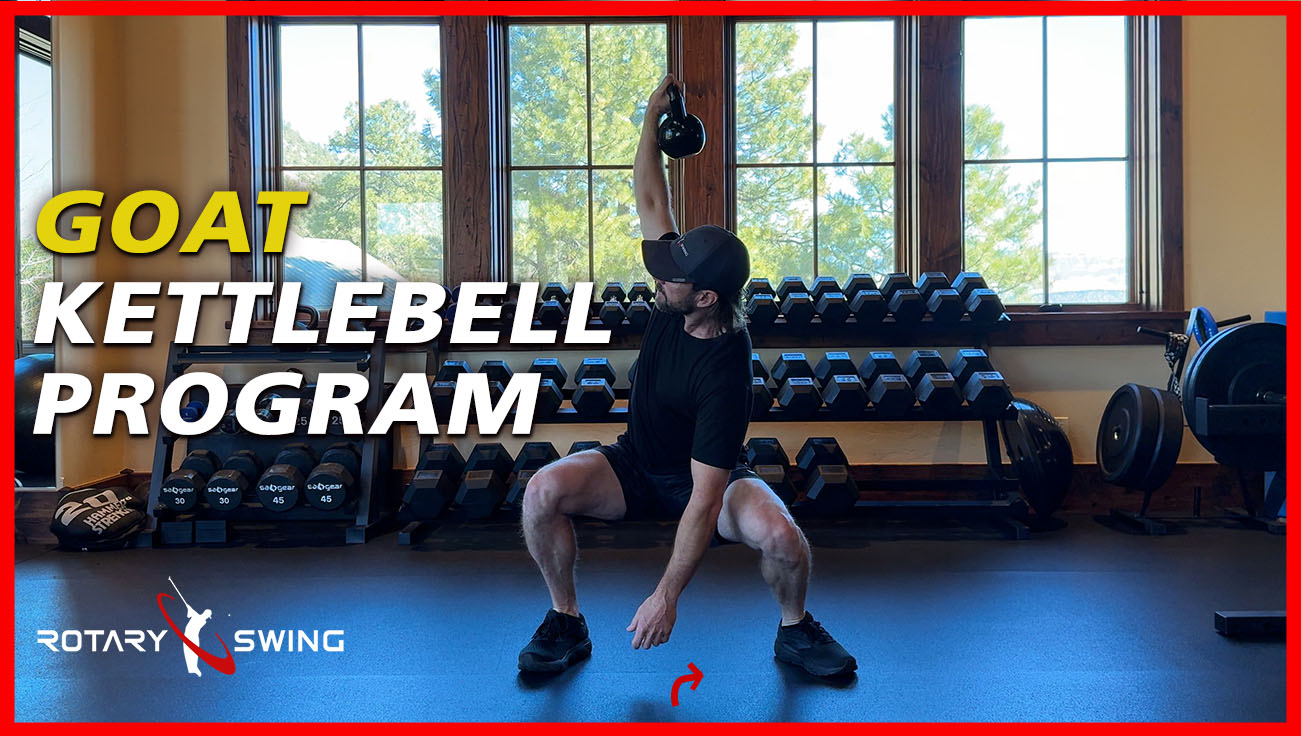
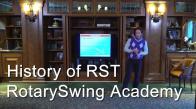
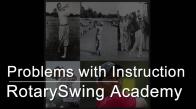
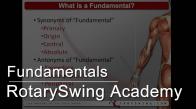
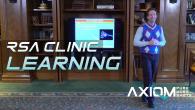
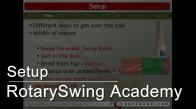
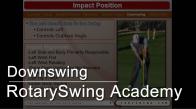
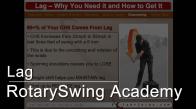
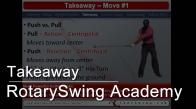
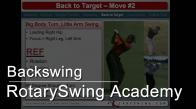
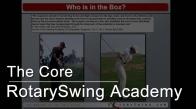
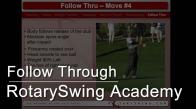

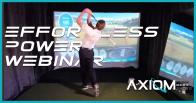
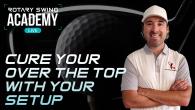
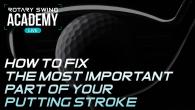
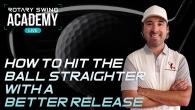
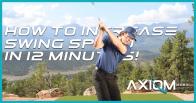
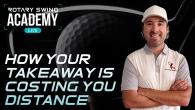
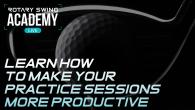
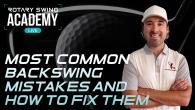
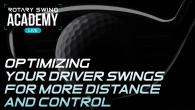
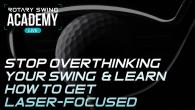
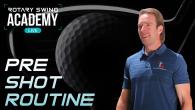
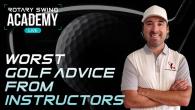
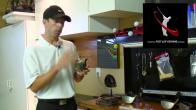
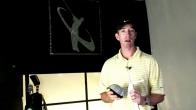
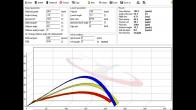
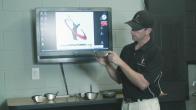
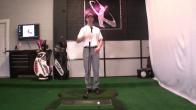
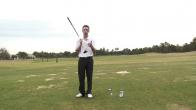
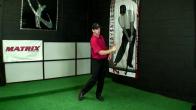
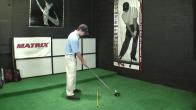
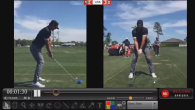
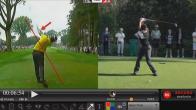
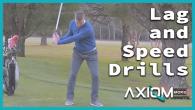
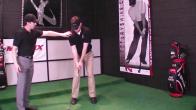
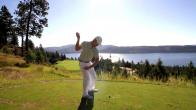
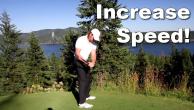
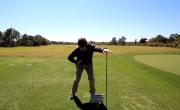
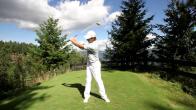
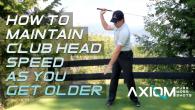
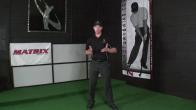
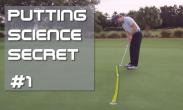
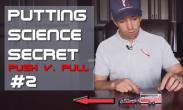
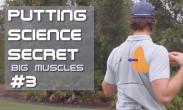
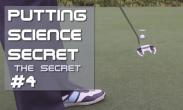
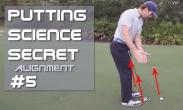
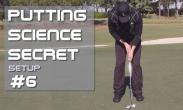
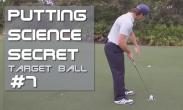
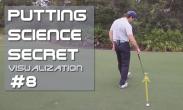
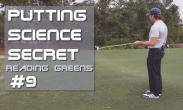
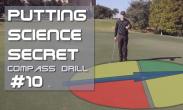
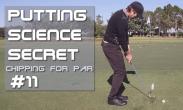
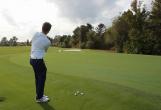

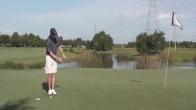
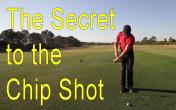
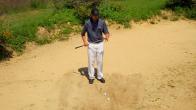
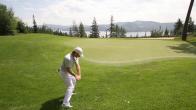
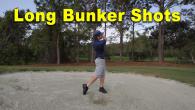
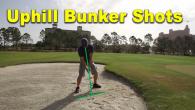
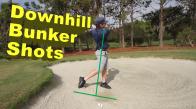
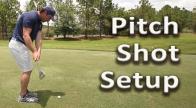
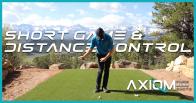
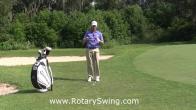
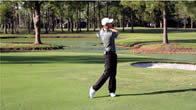
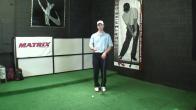
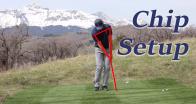
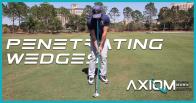
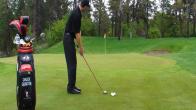
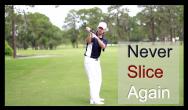
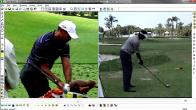
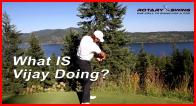
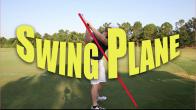
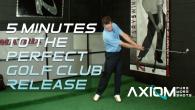
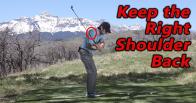
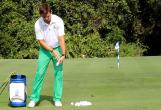
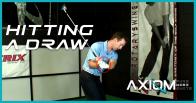
 RS1 is a body-driven movement
RS1 is a body-driven movement The Rotary Swing Tour is a model golf swing based on anatomy
The Rotary Swing Tour is a model golf swing based on anatomy In the RST, the arms stay in front of the body
In the RST, the arms stay in front of the body